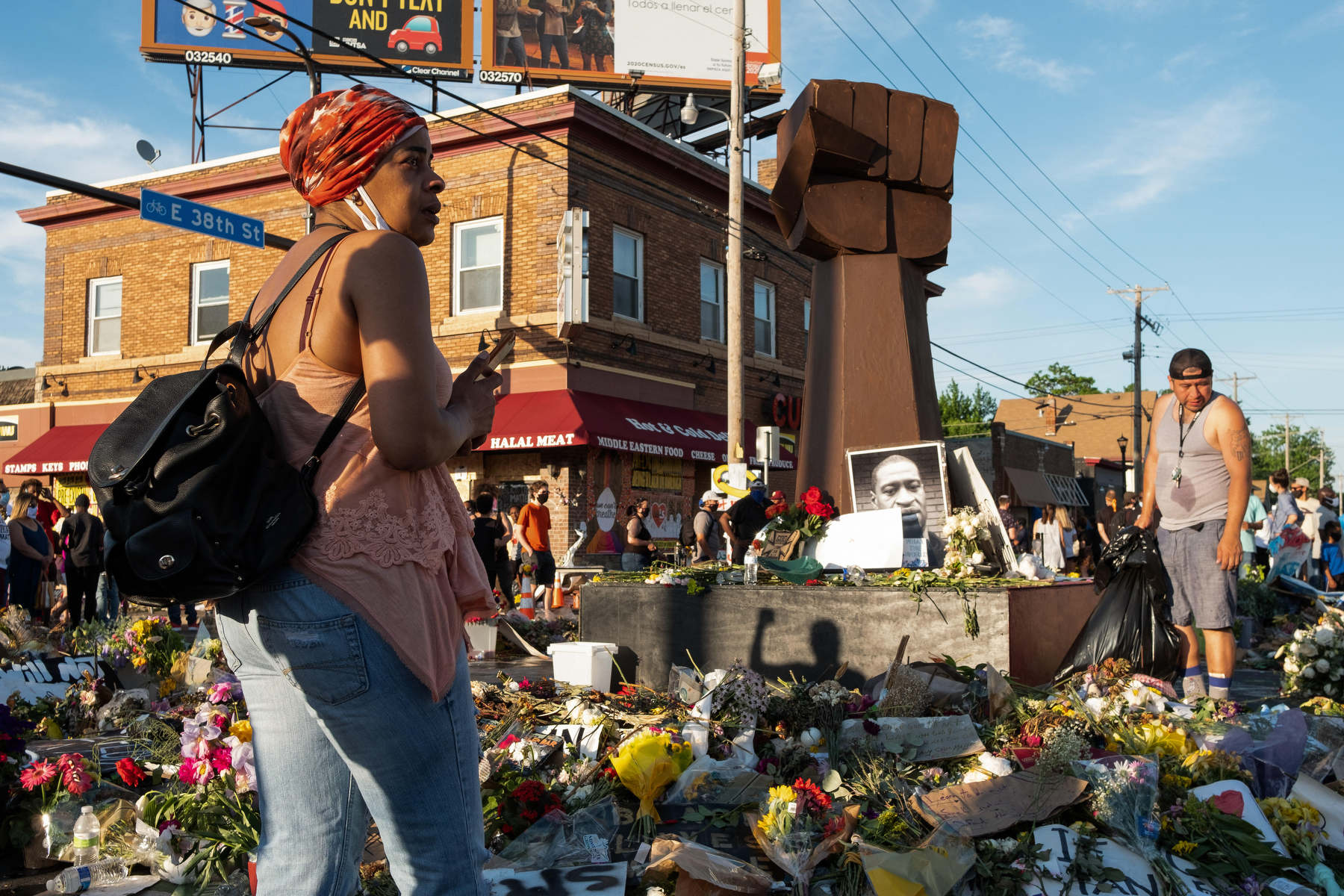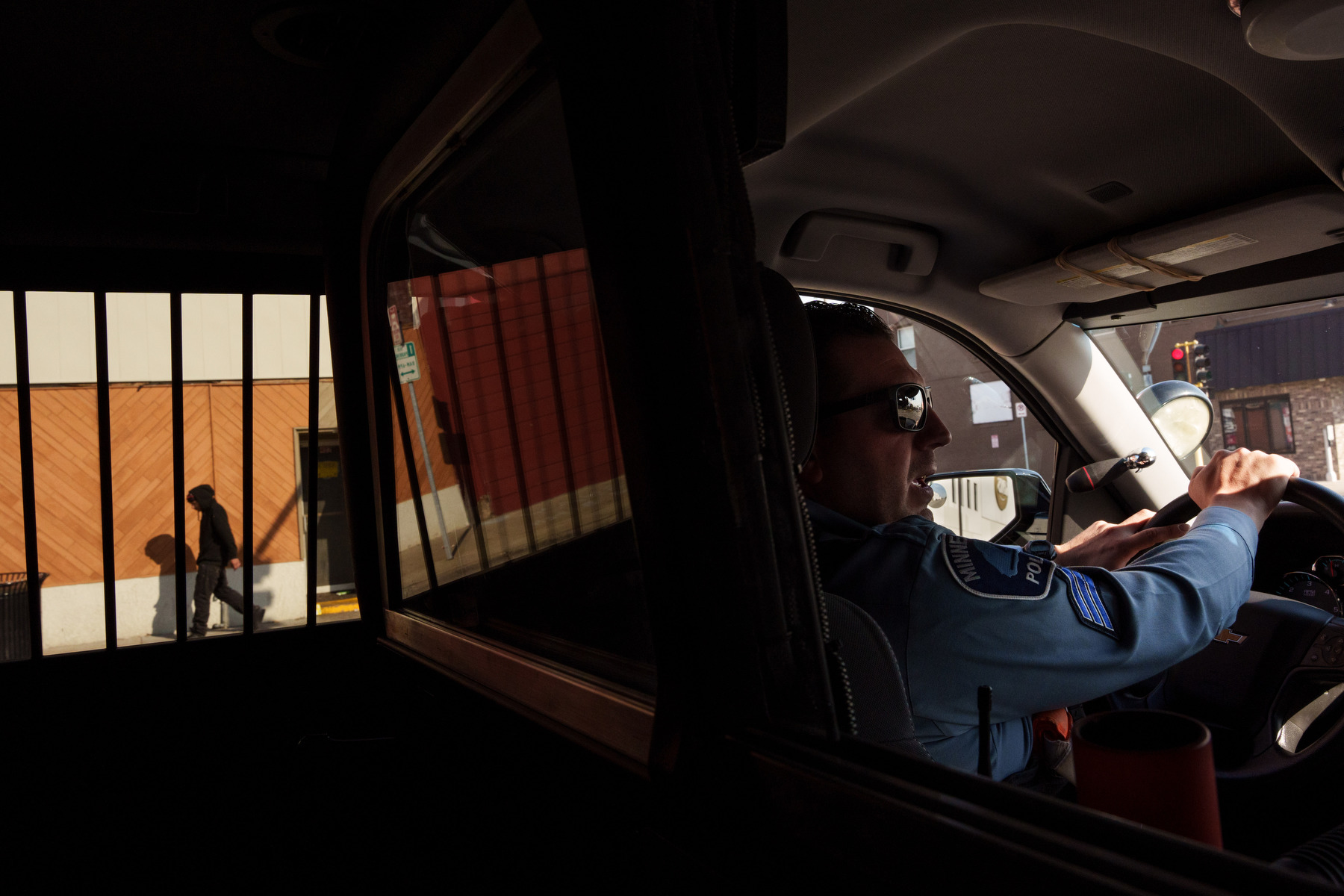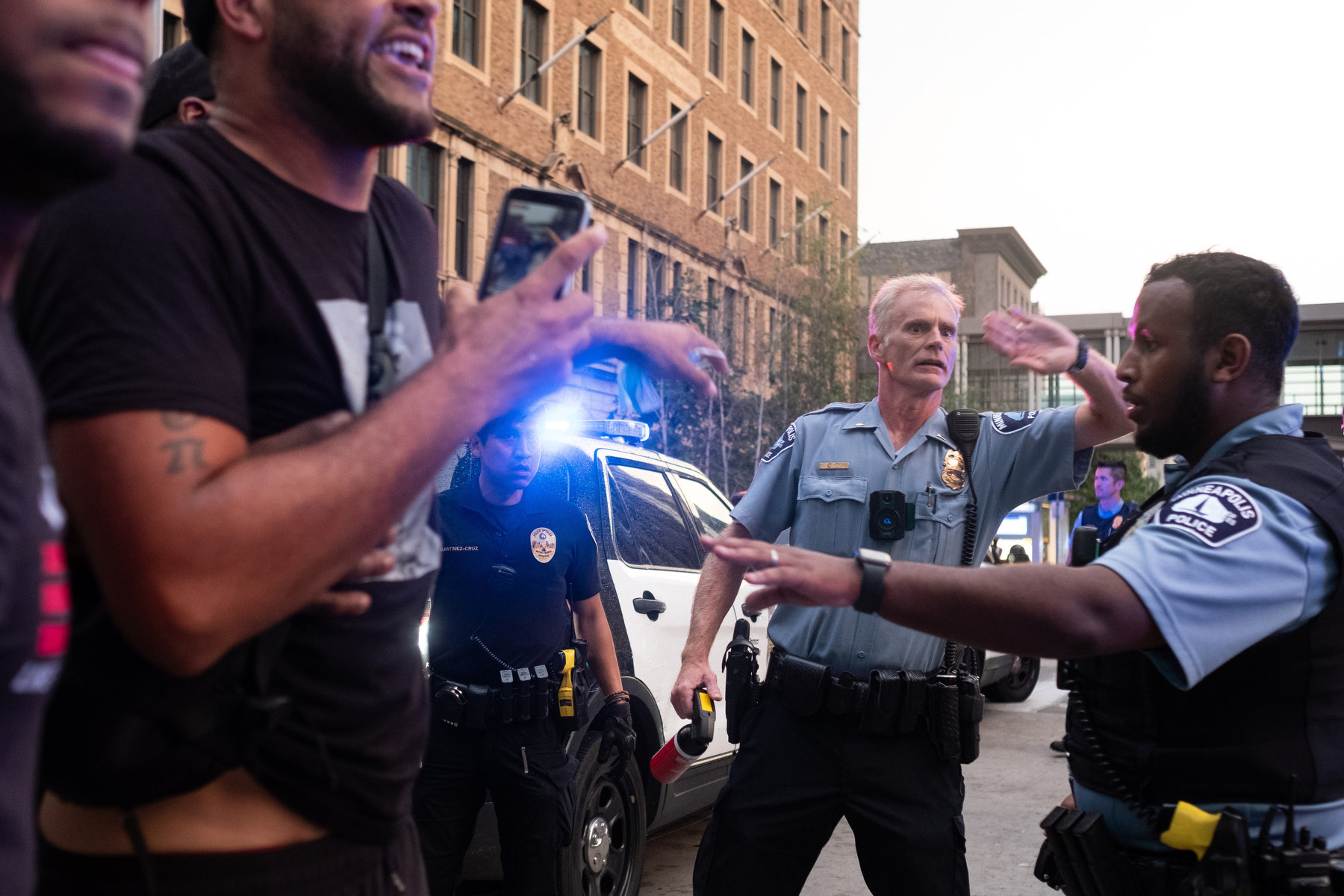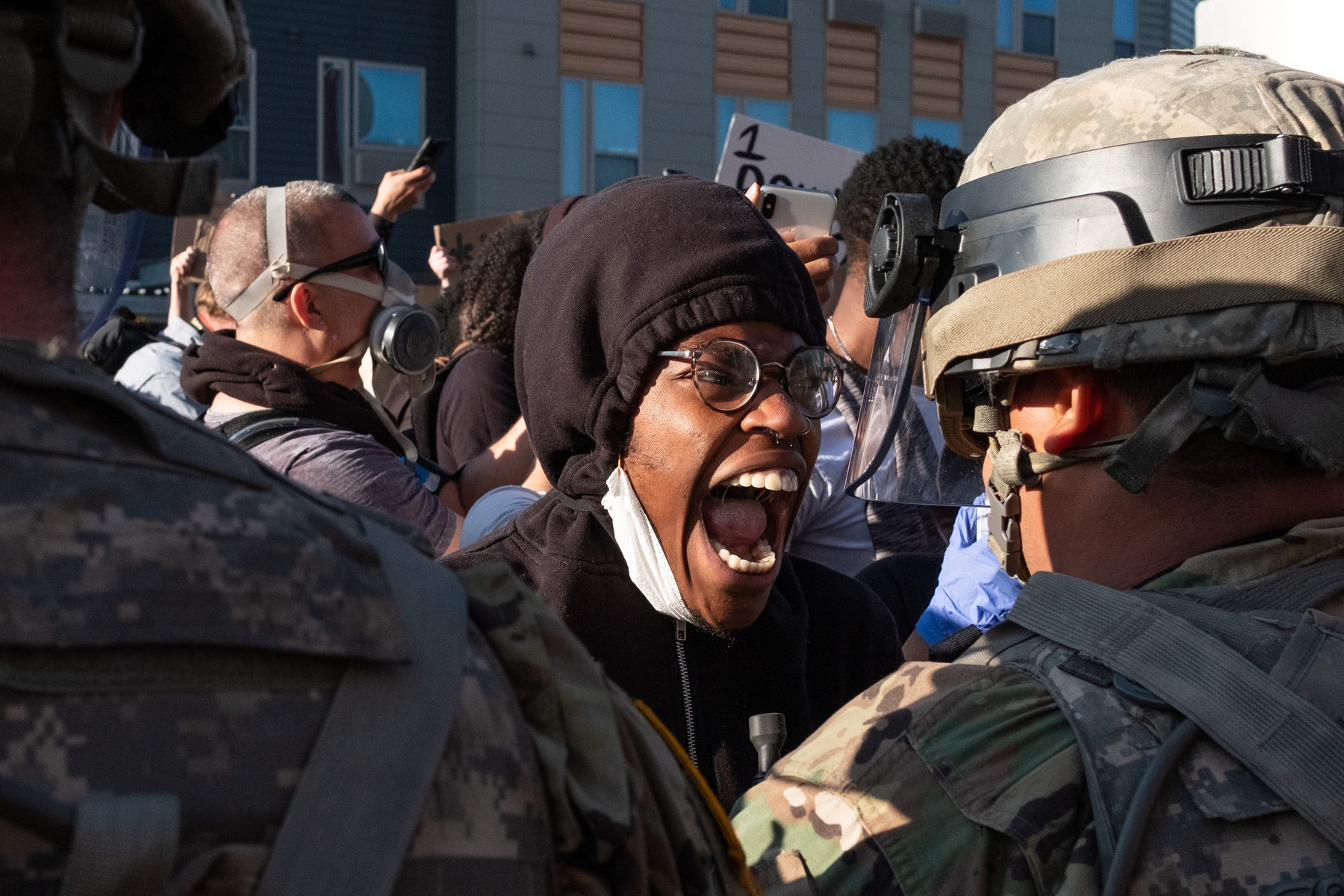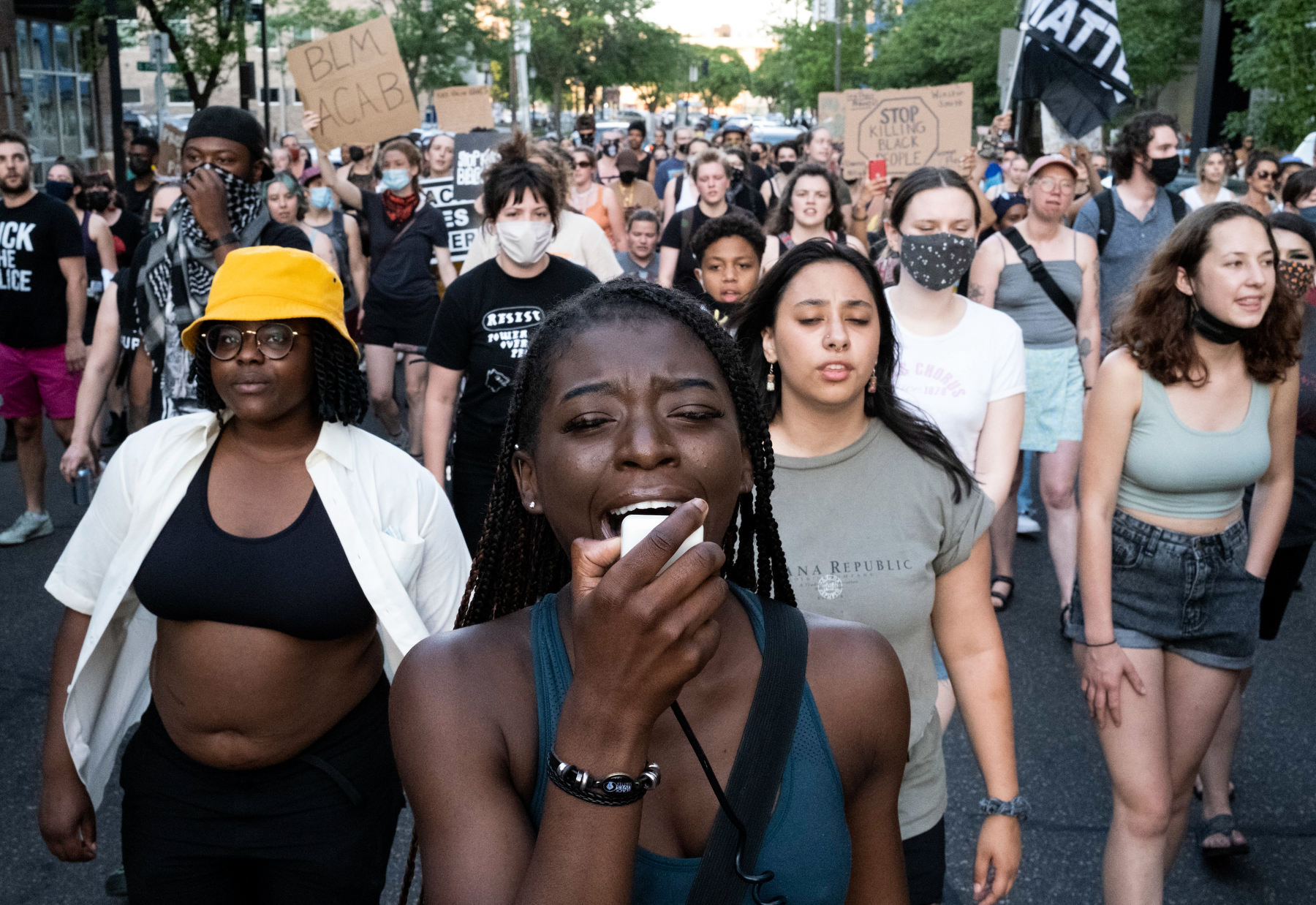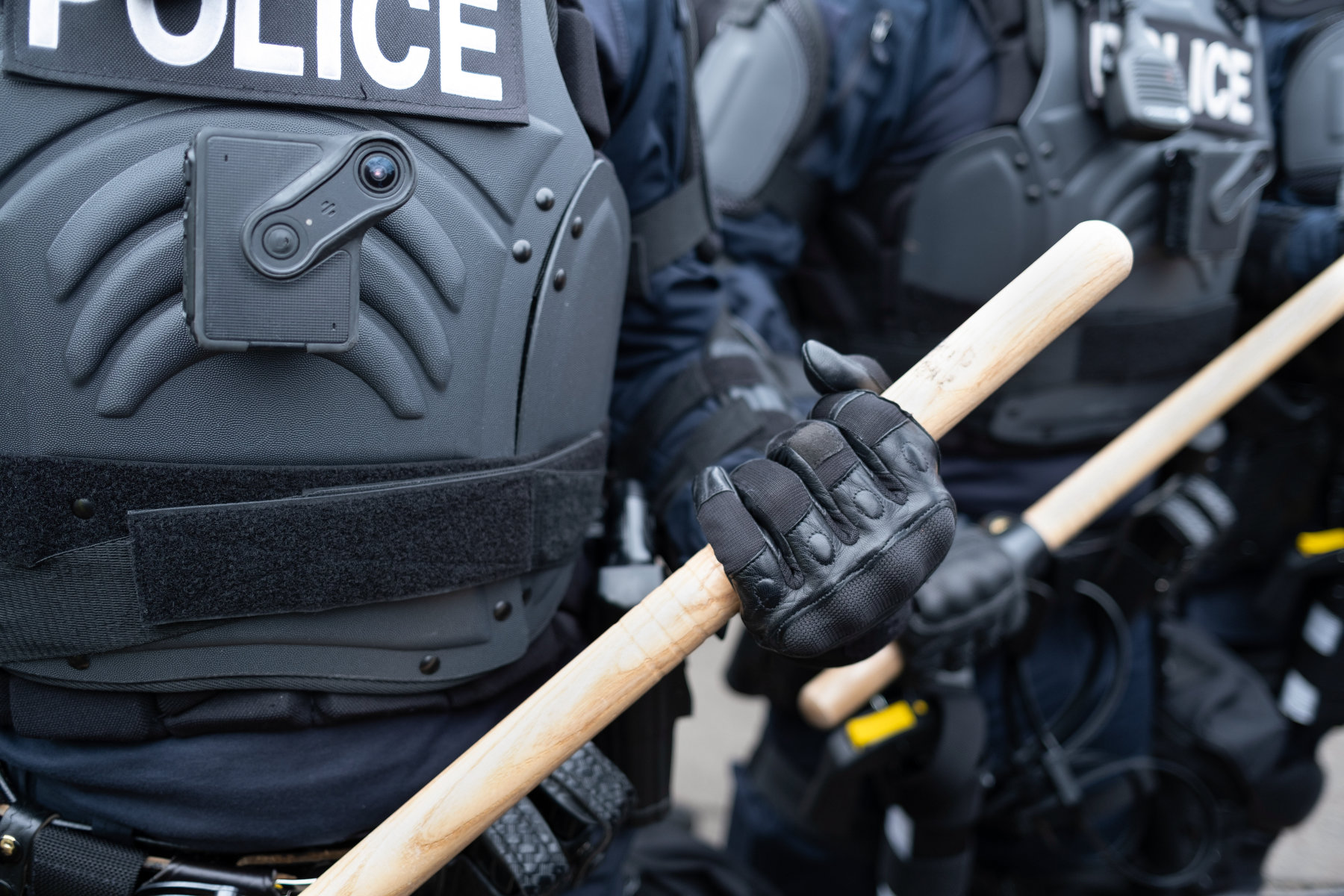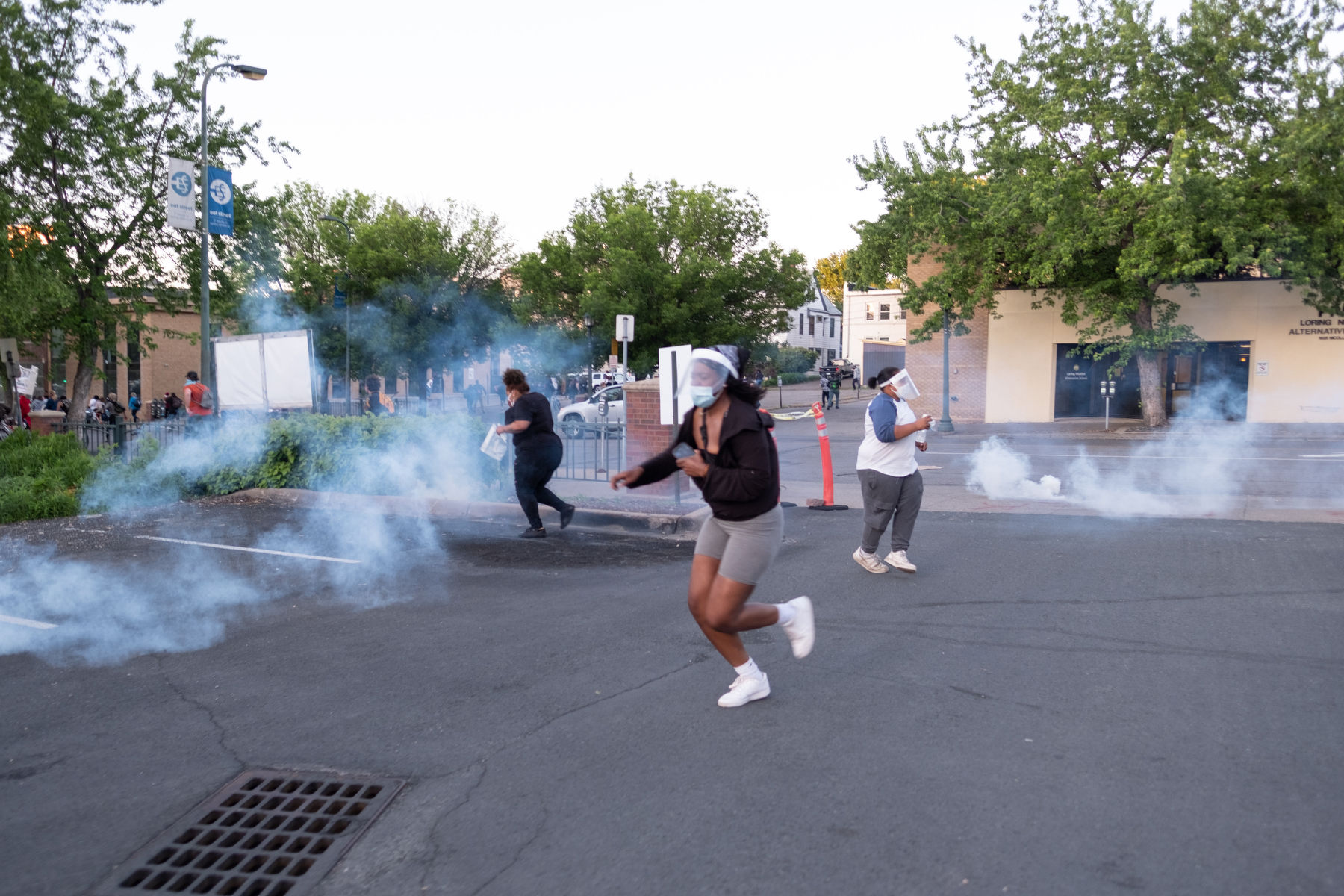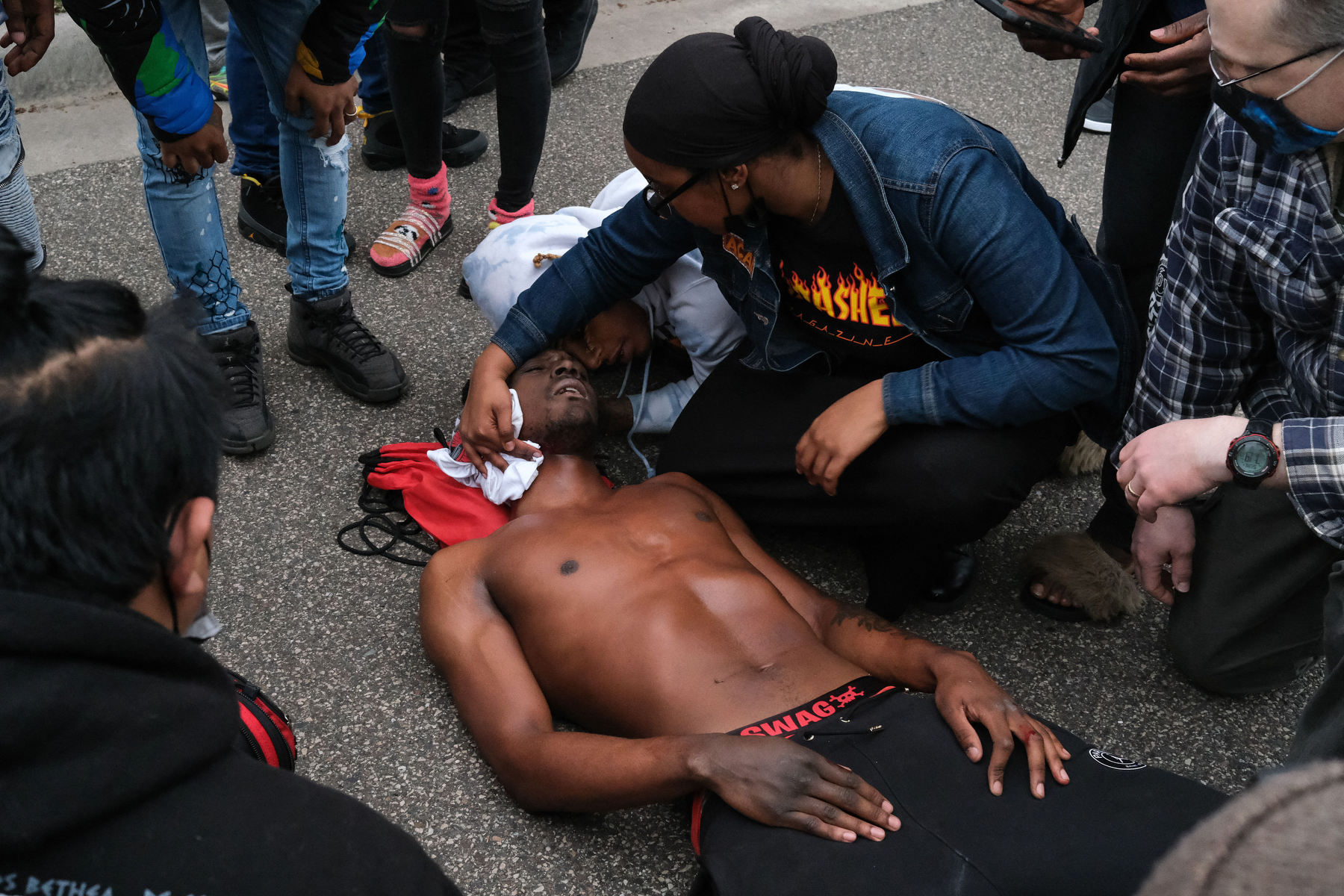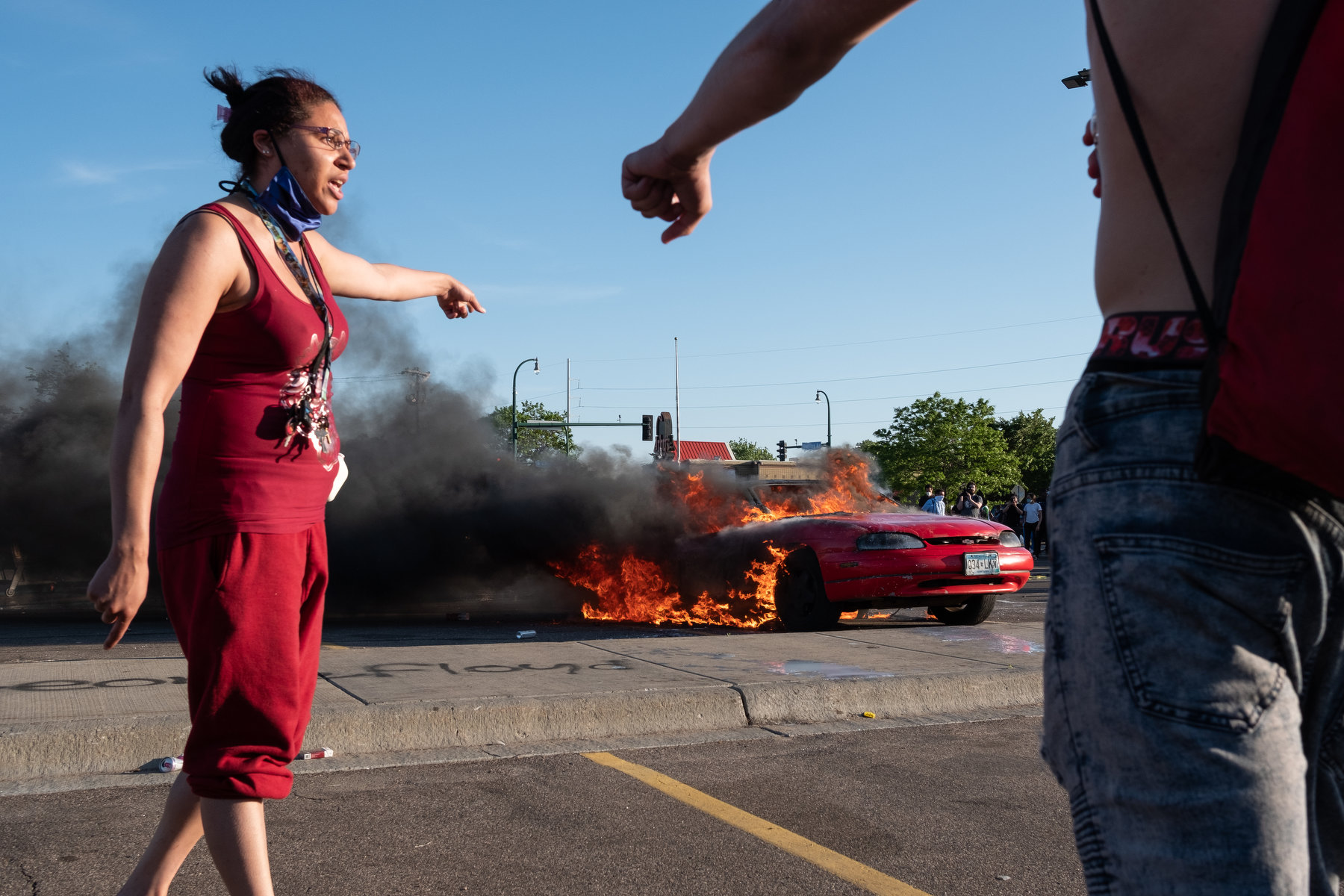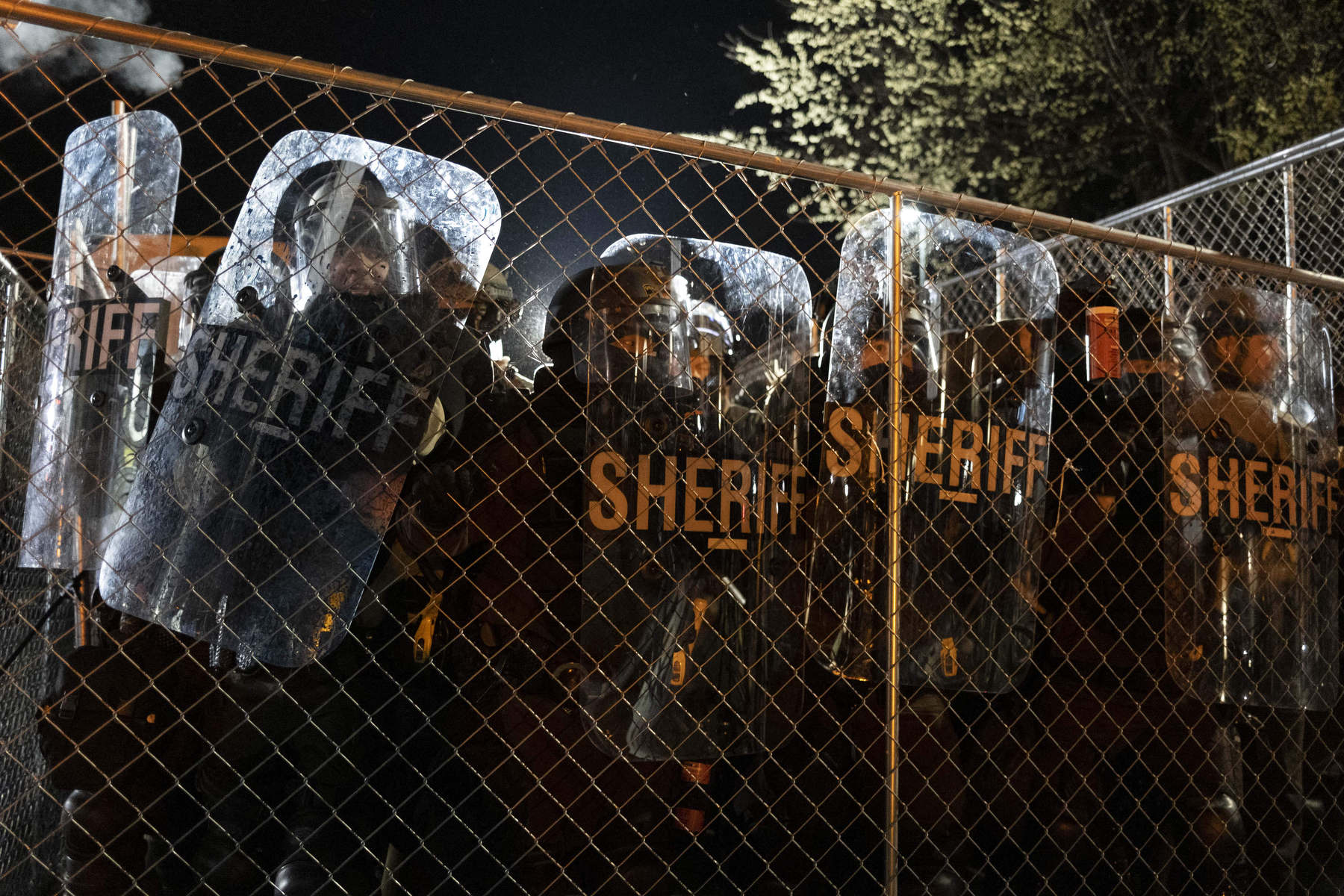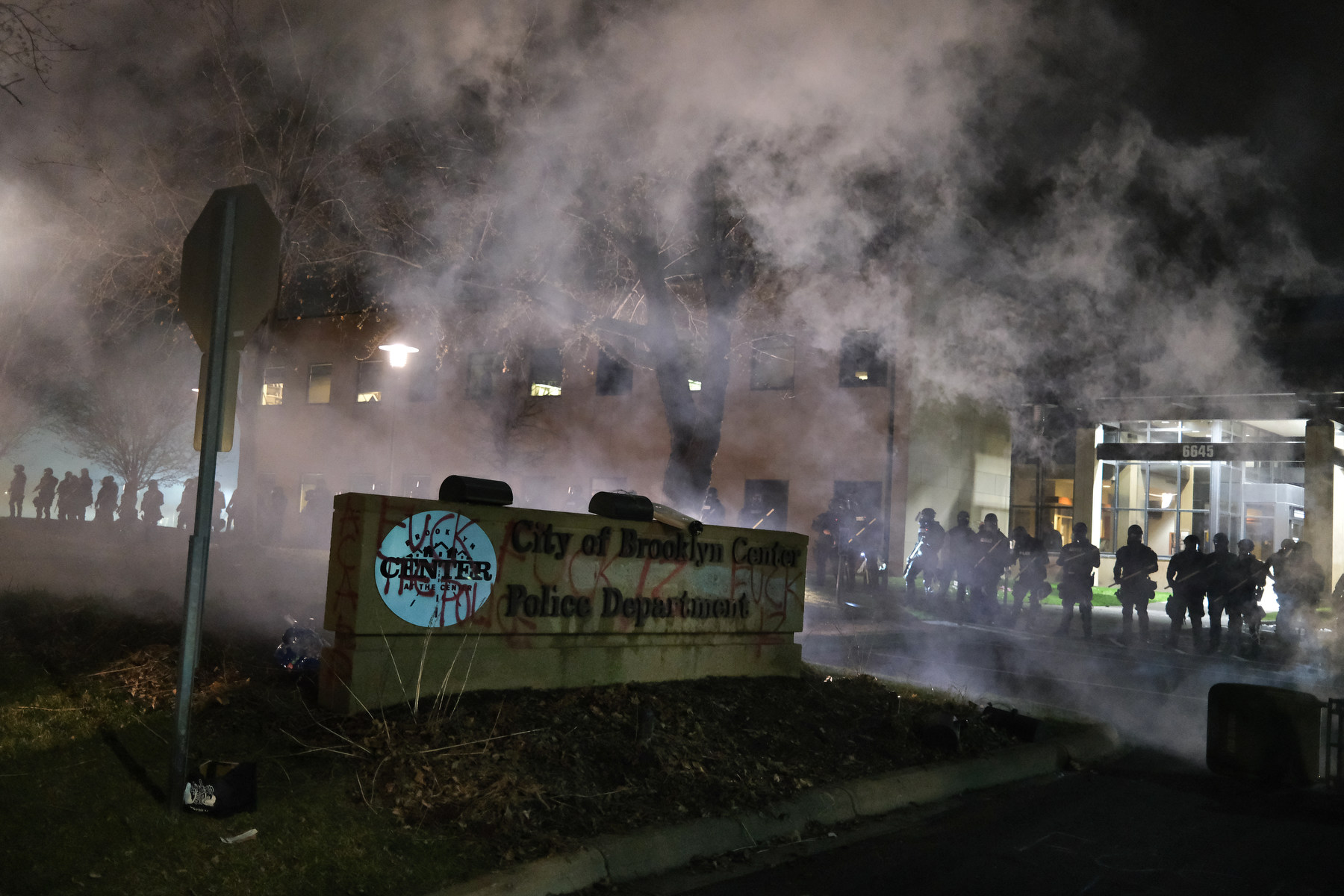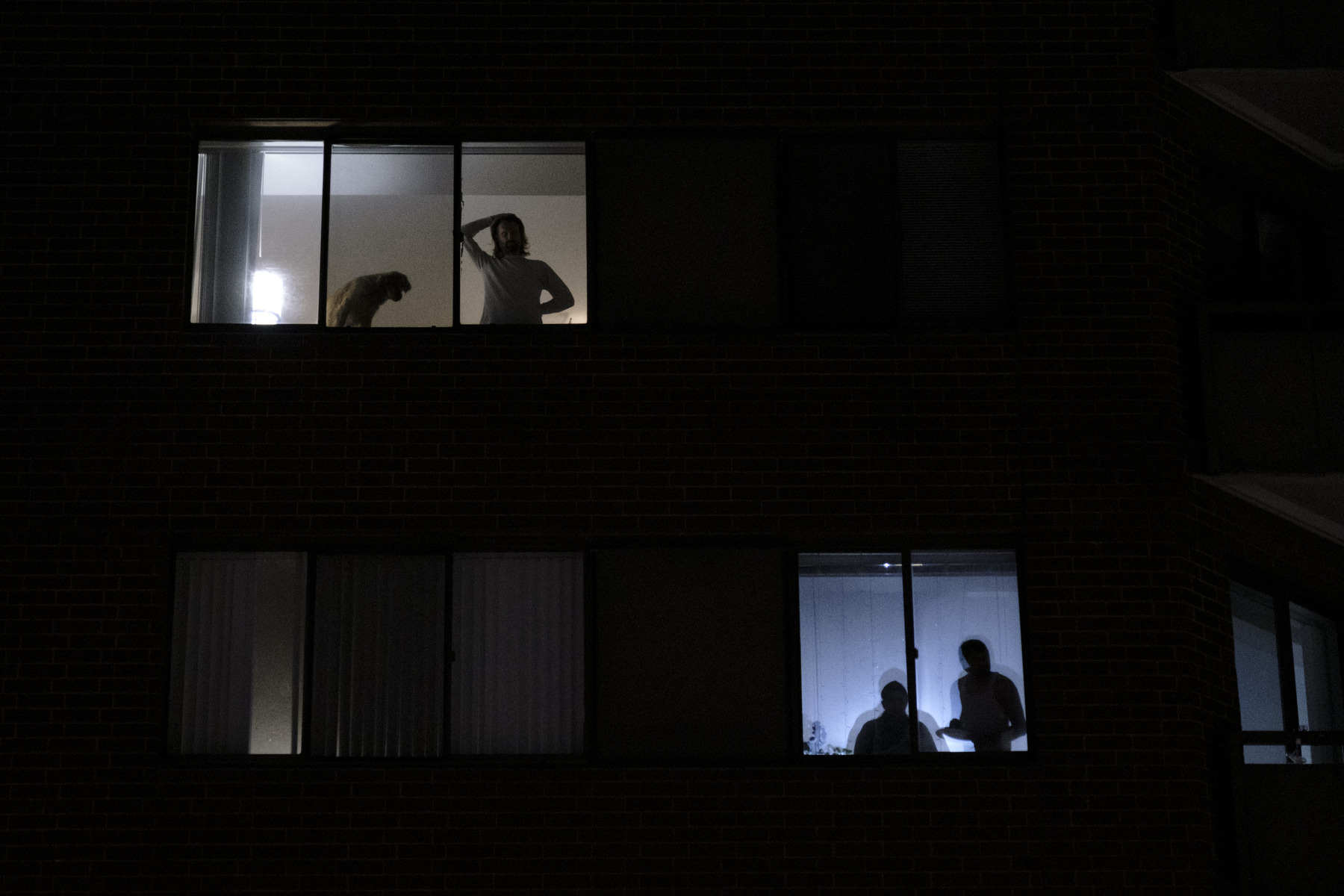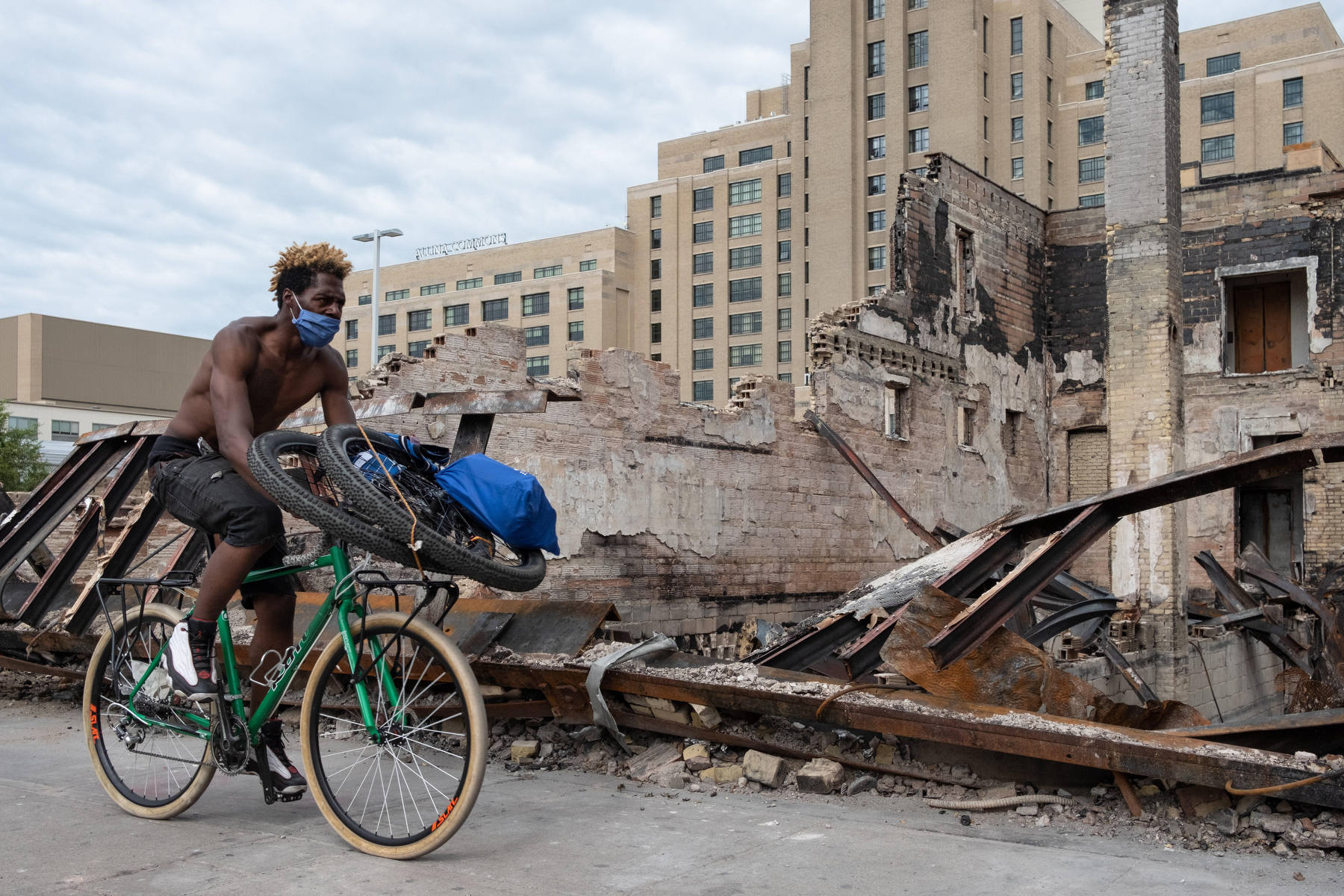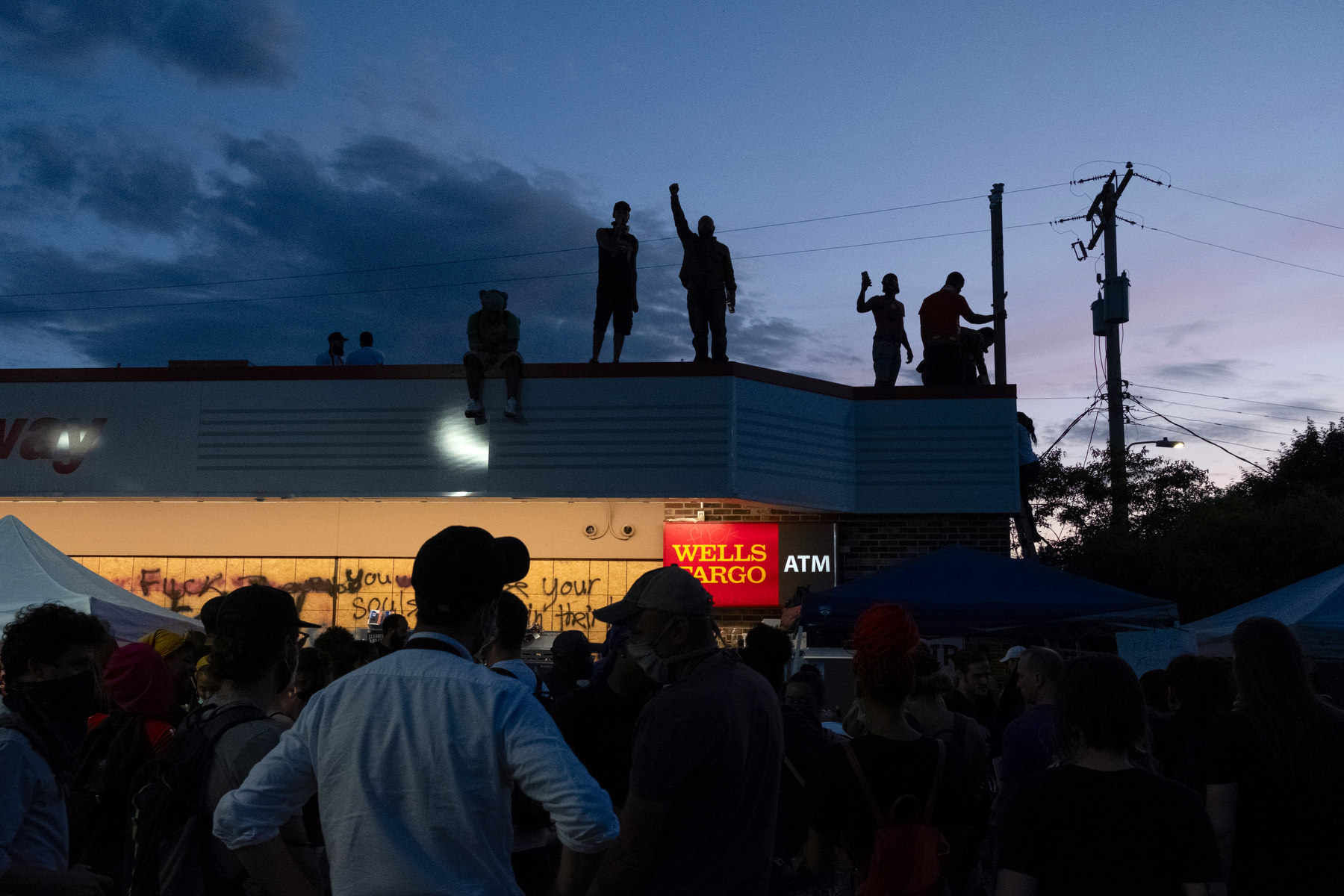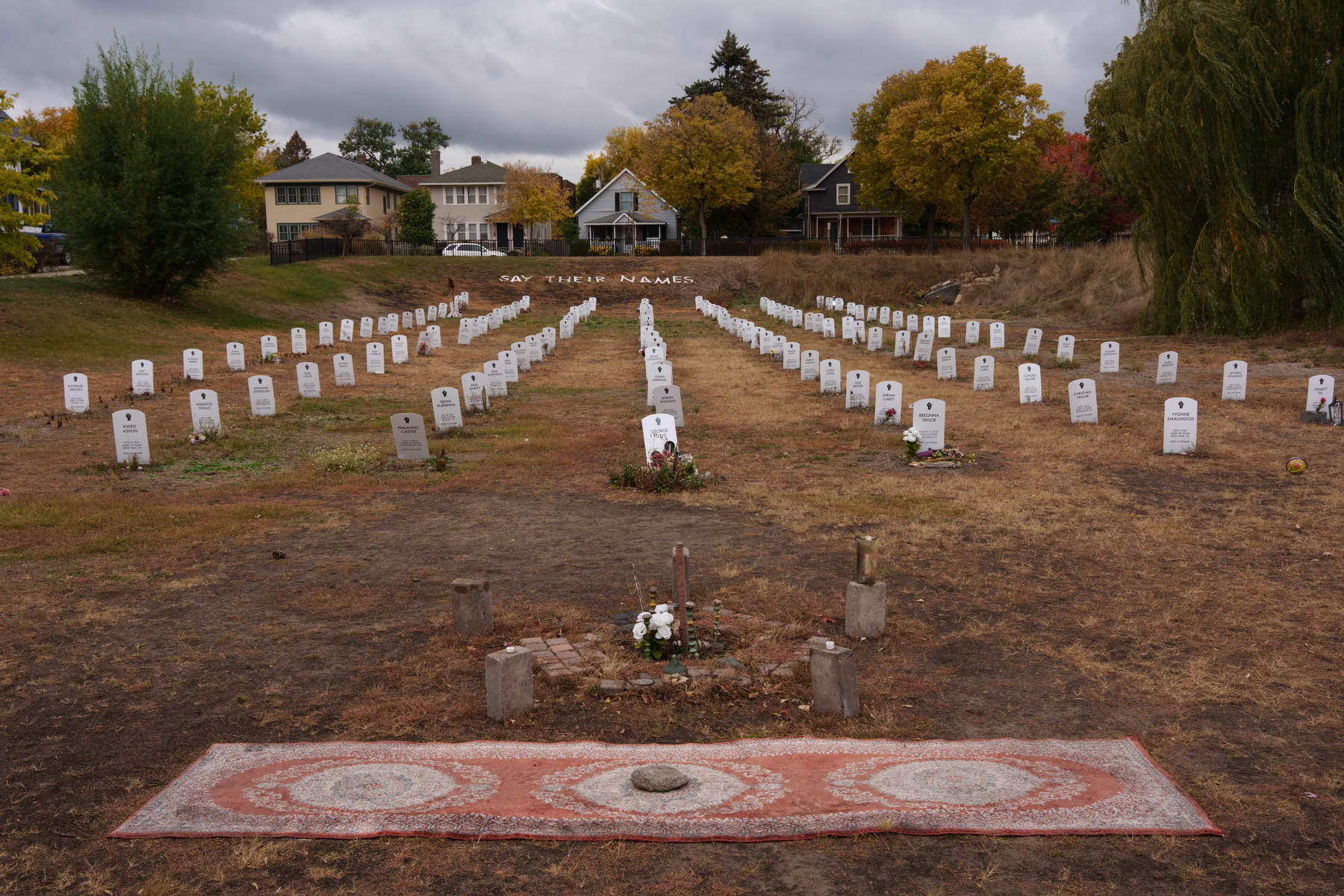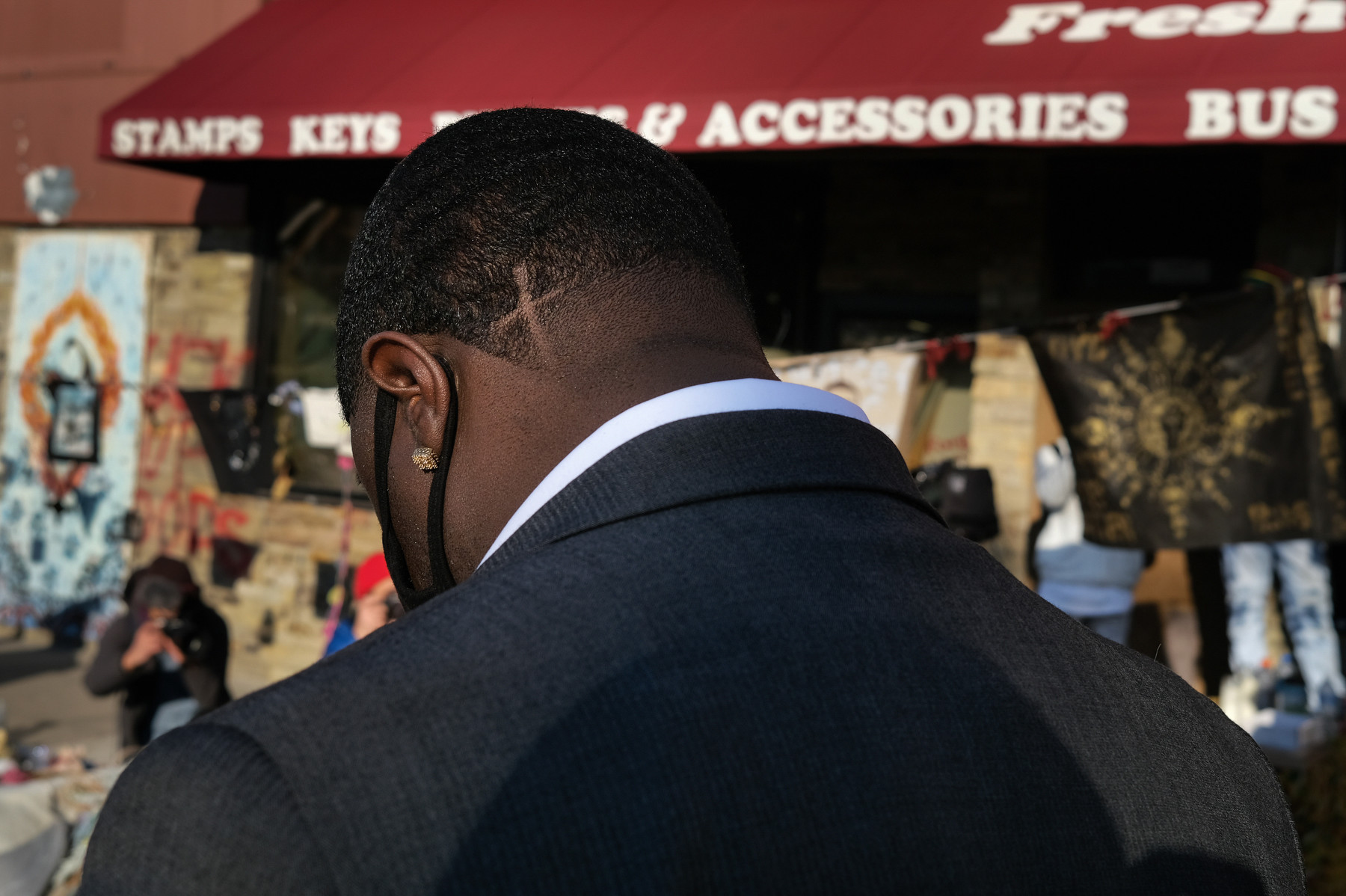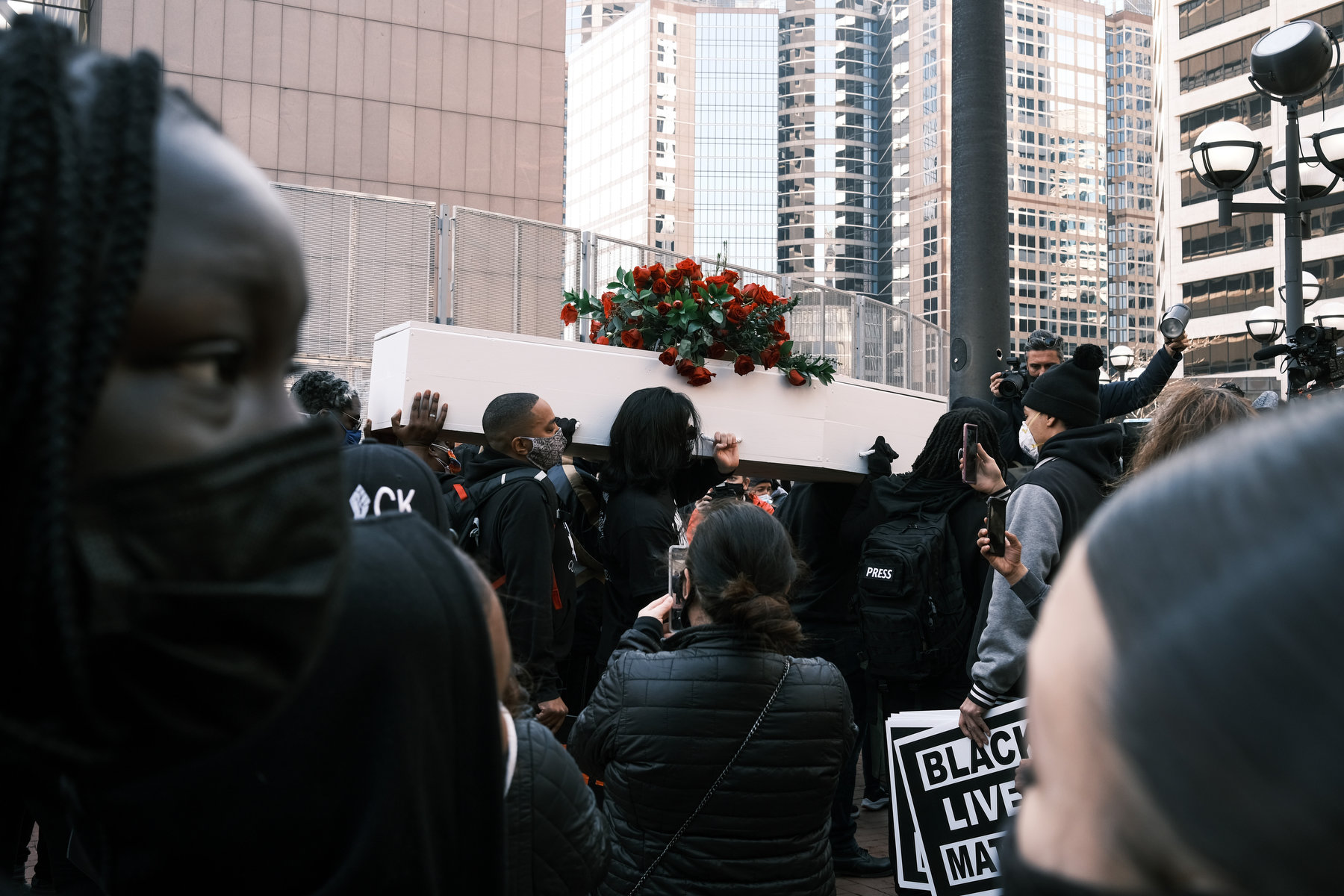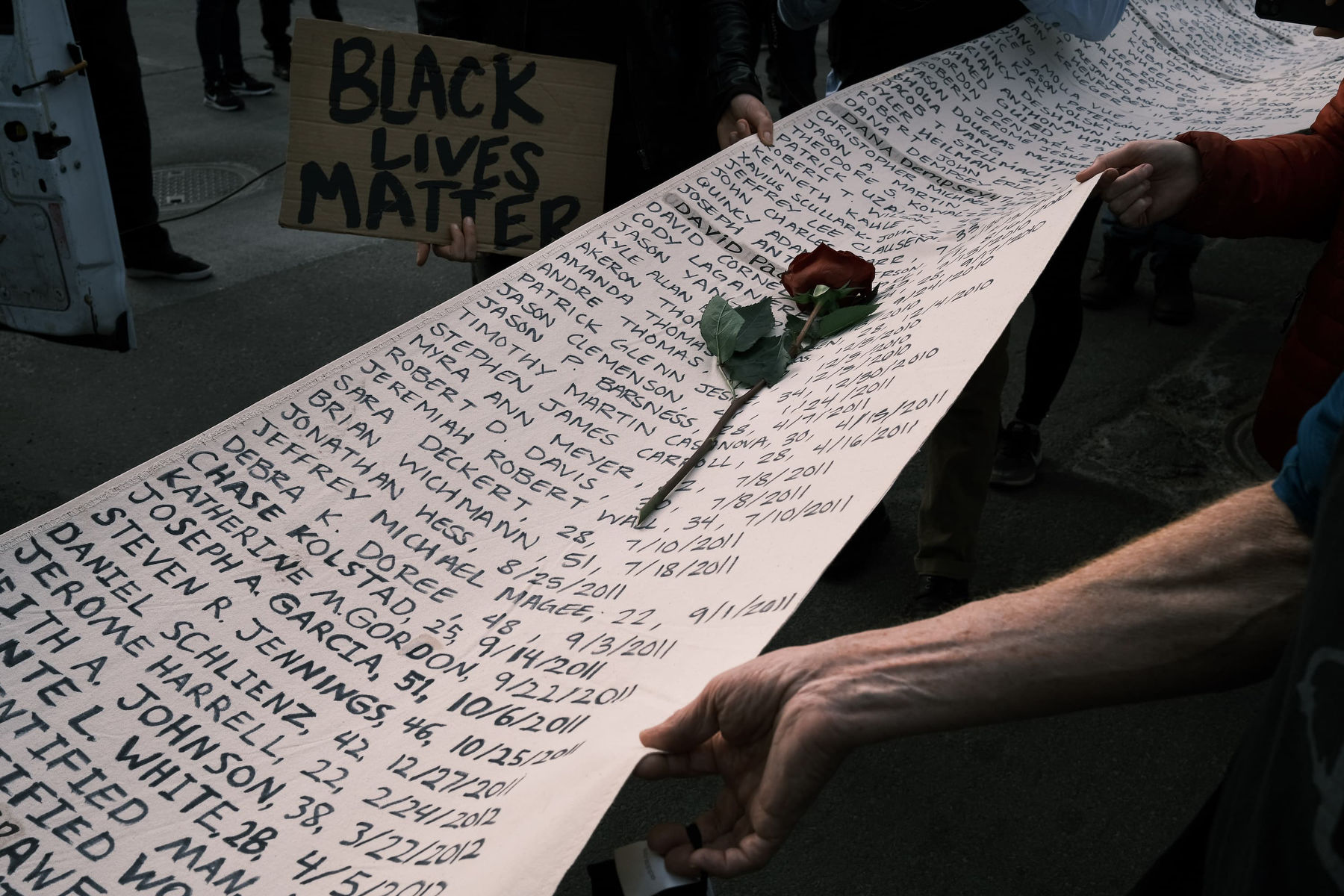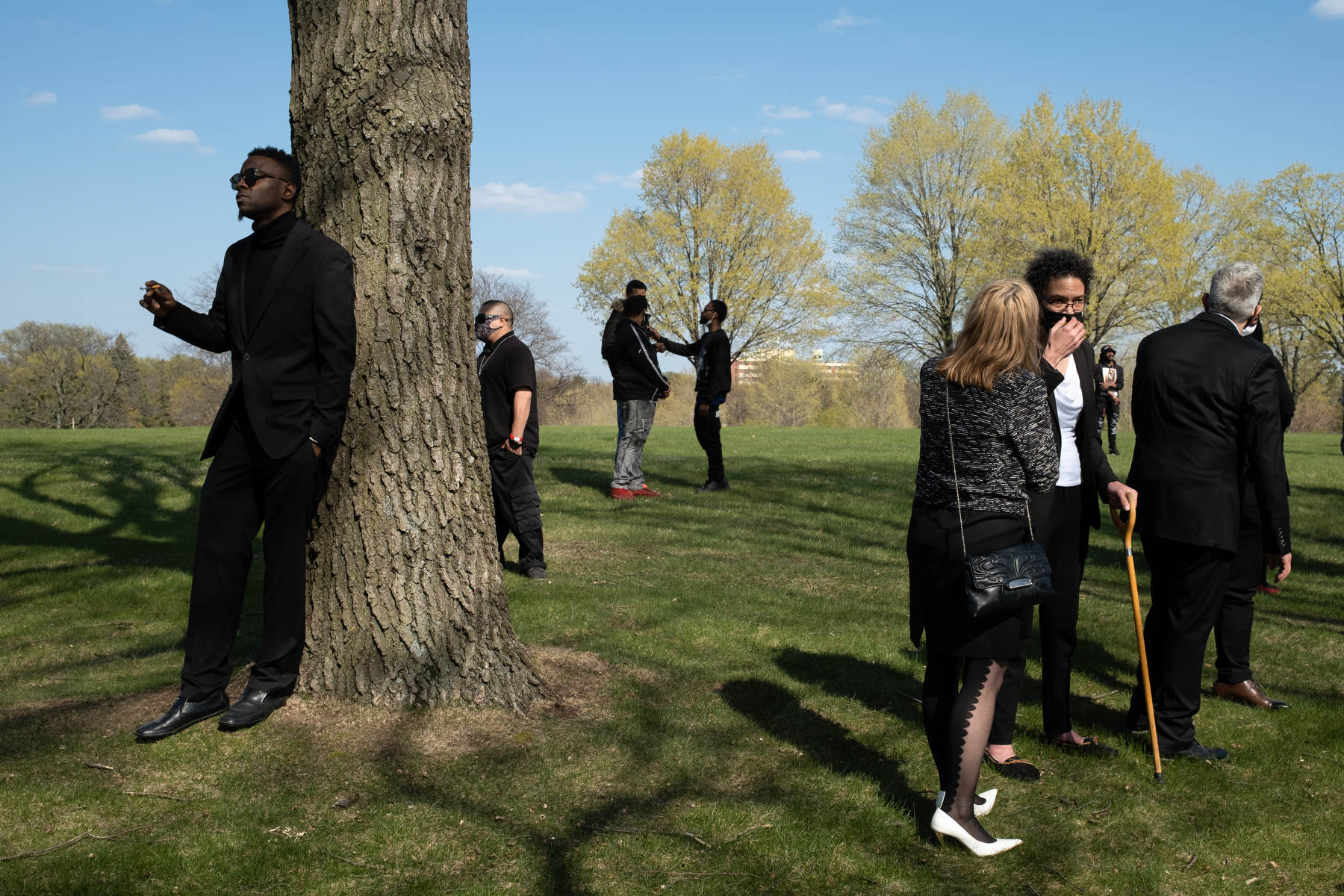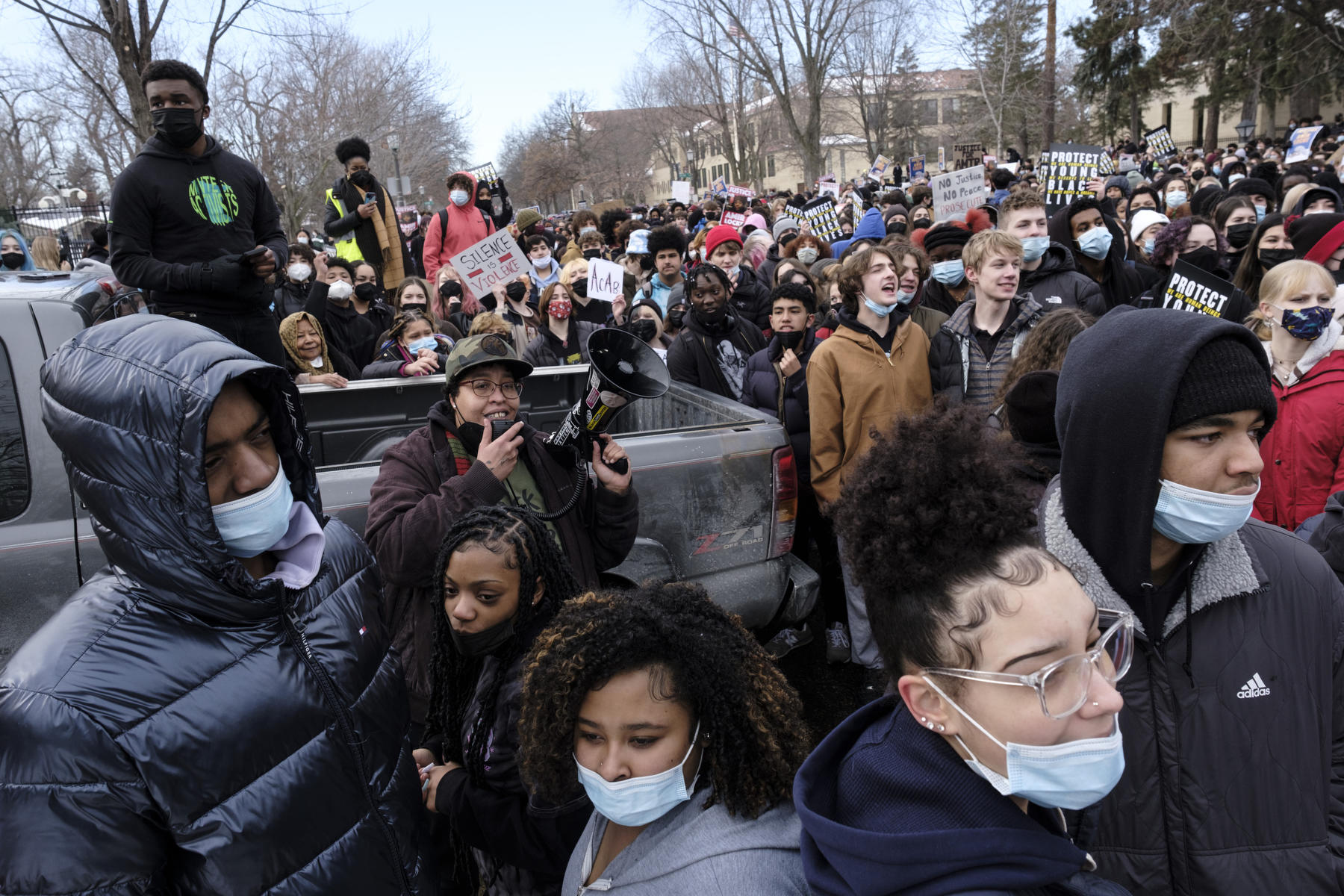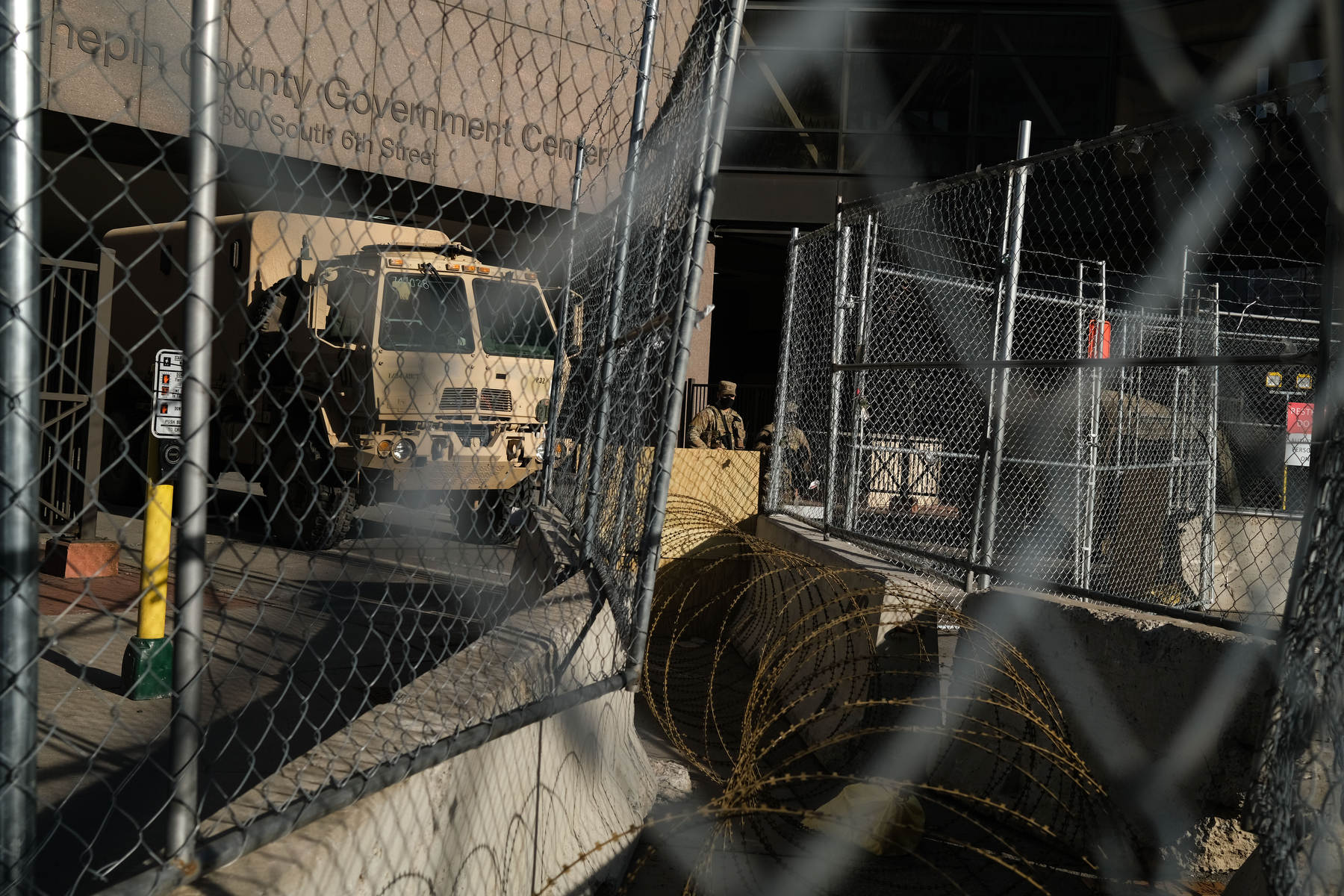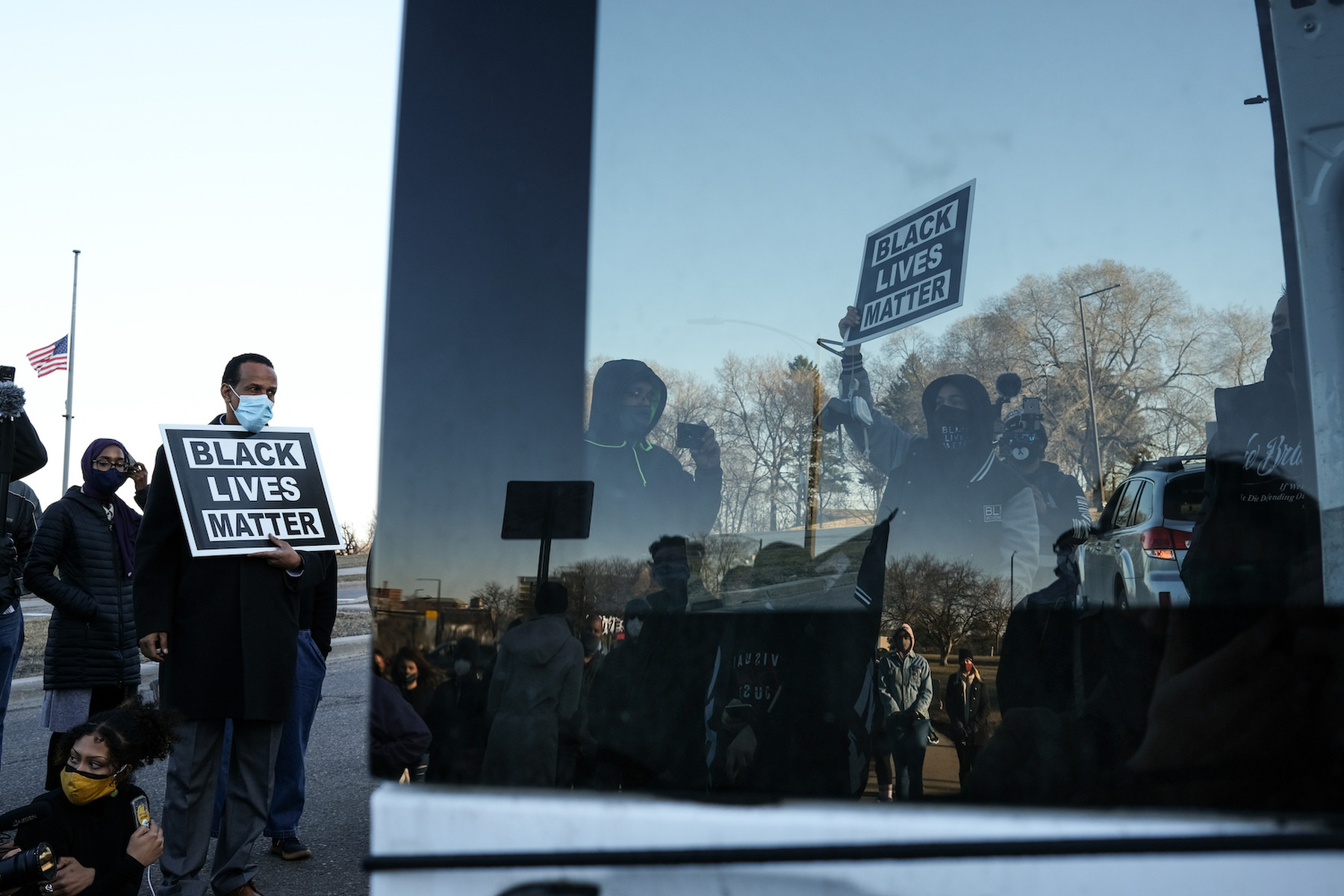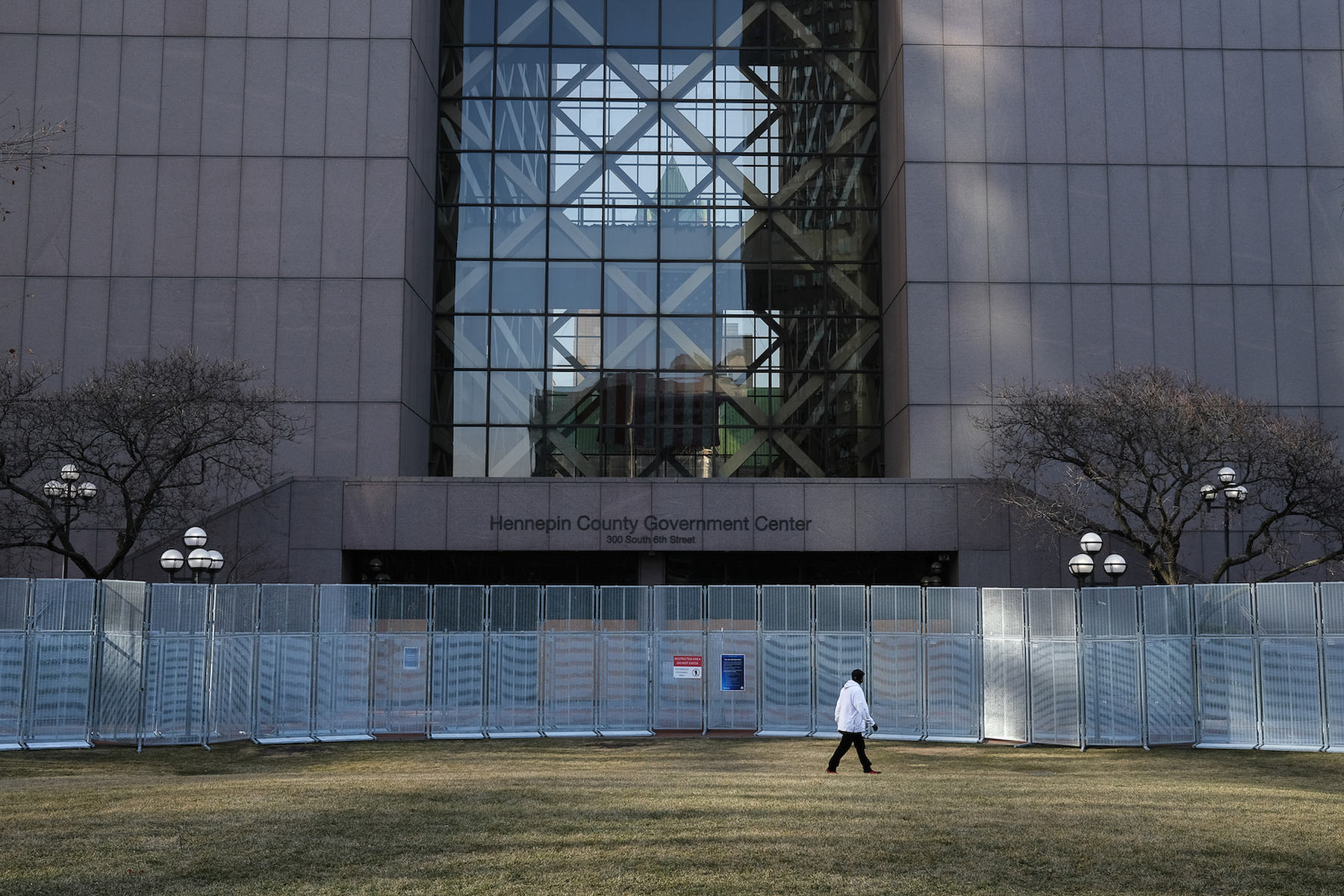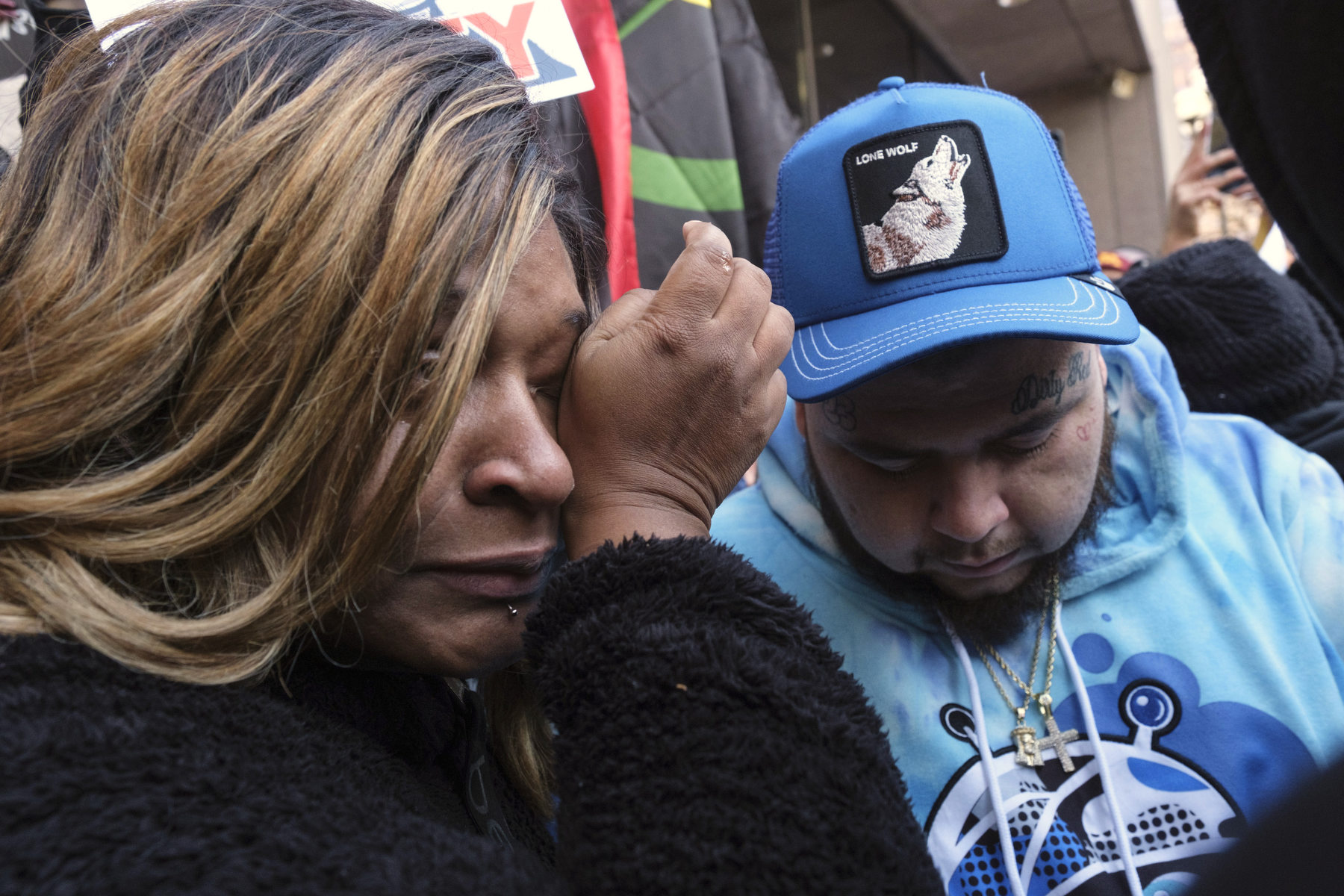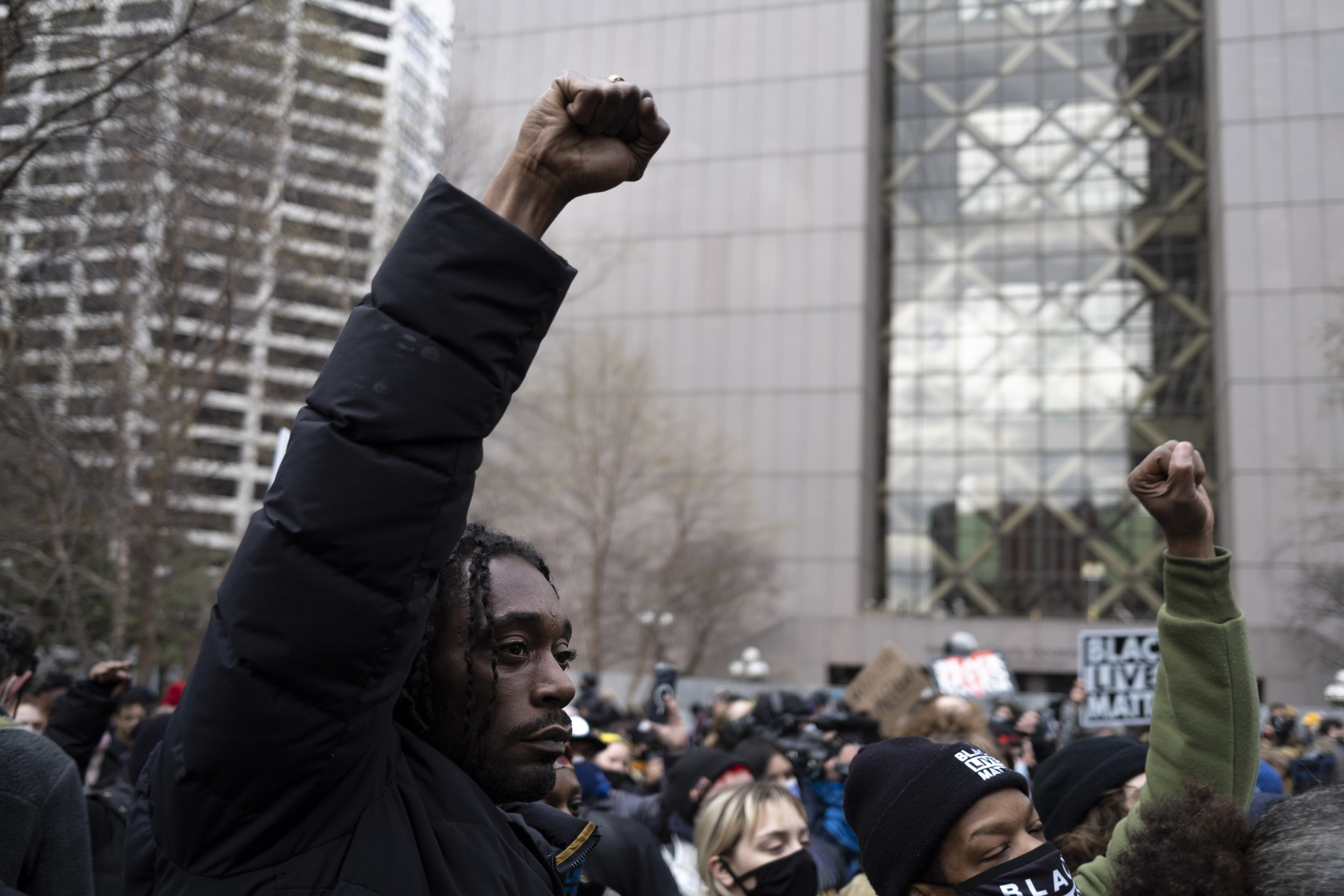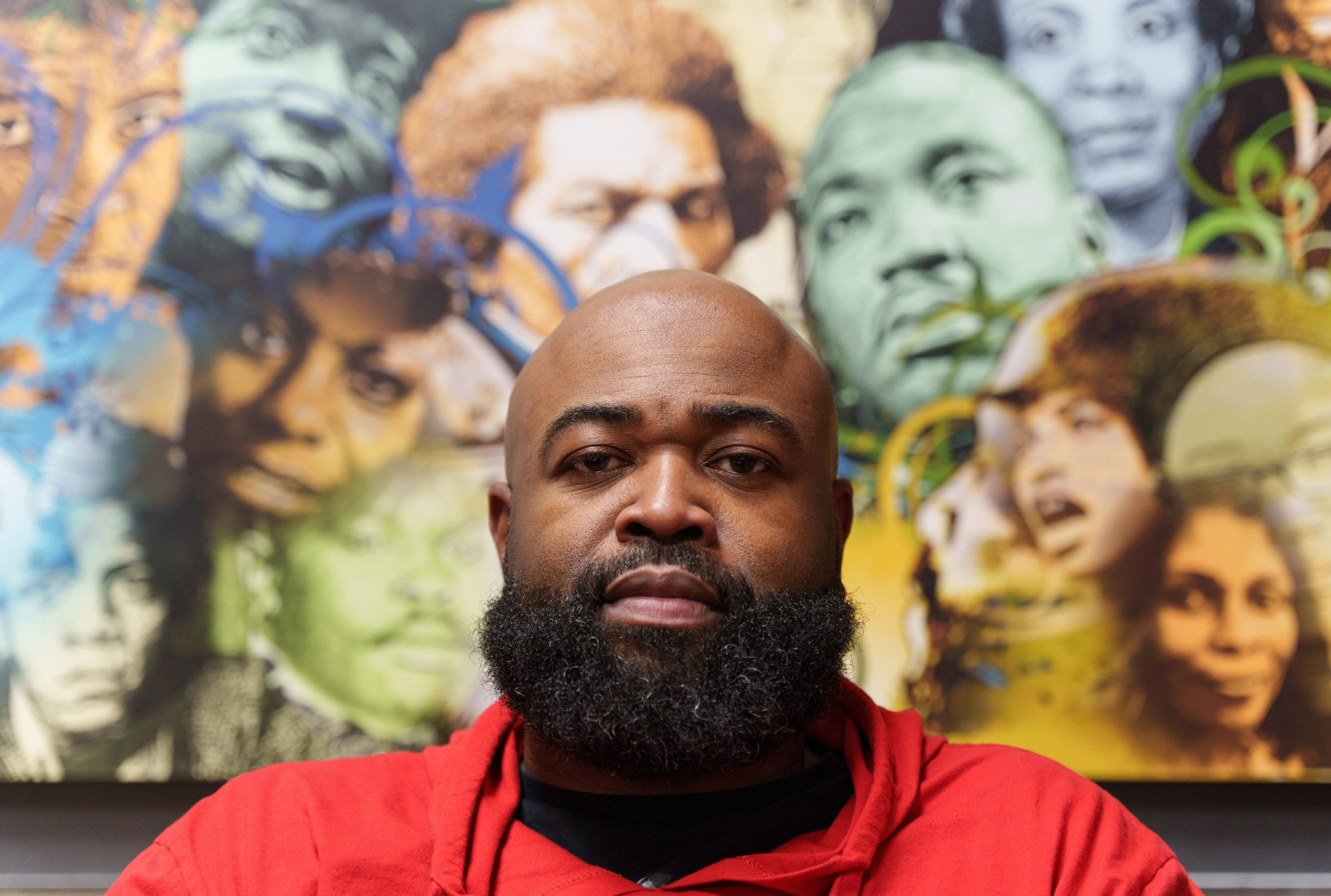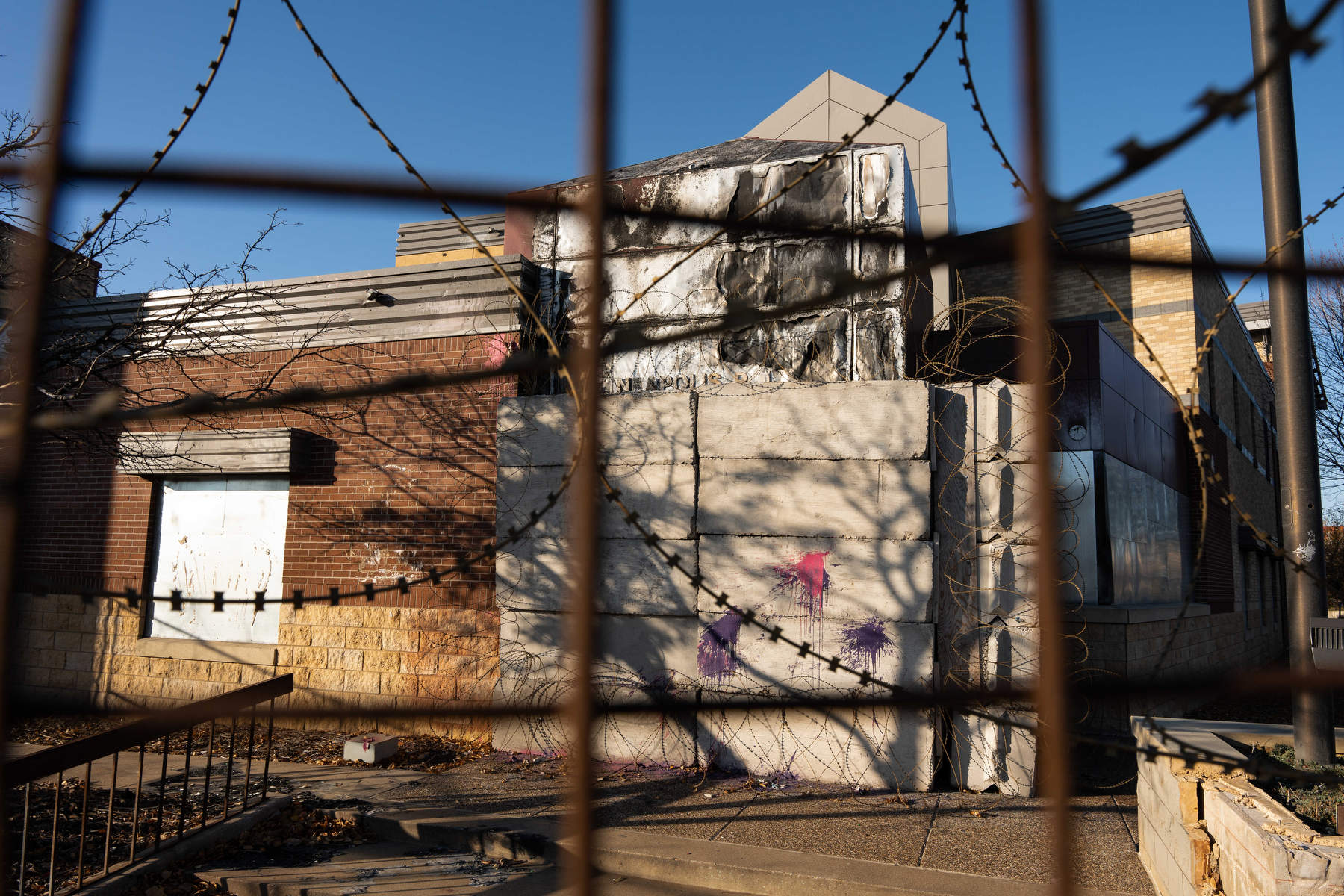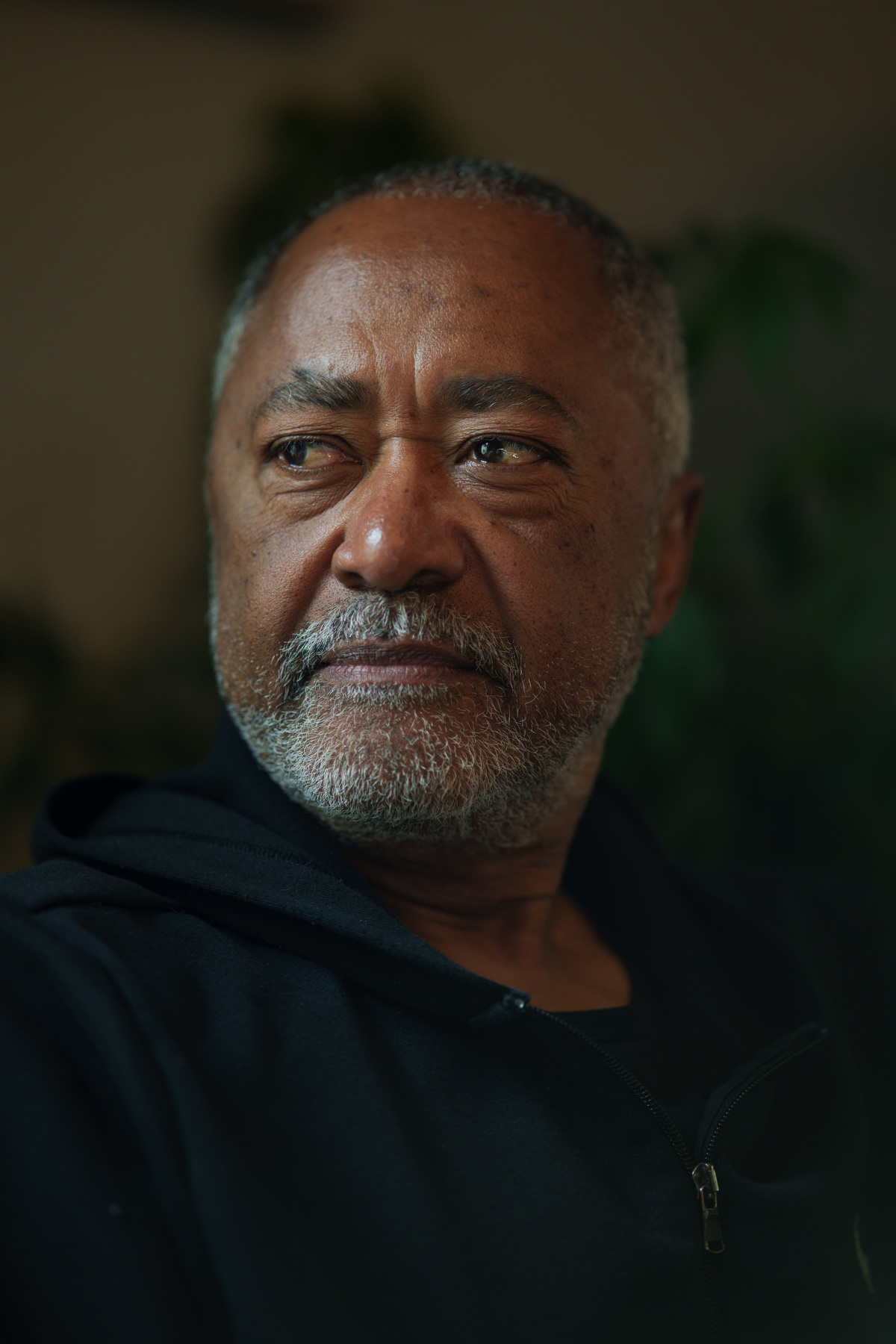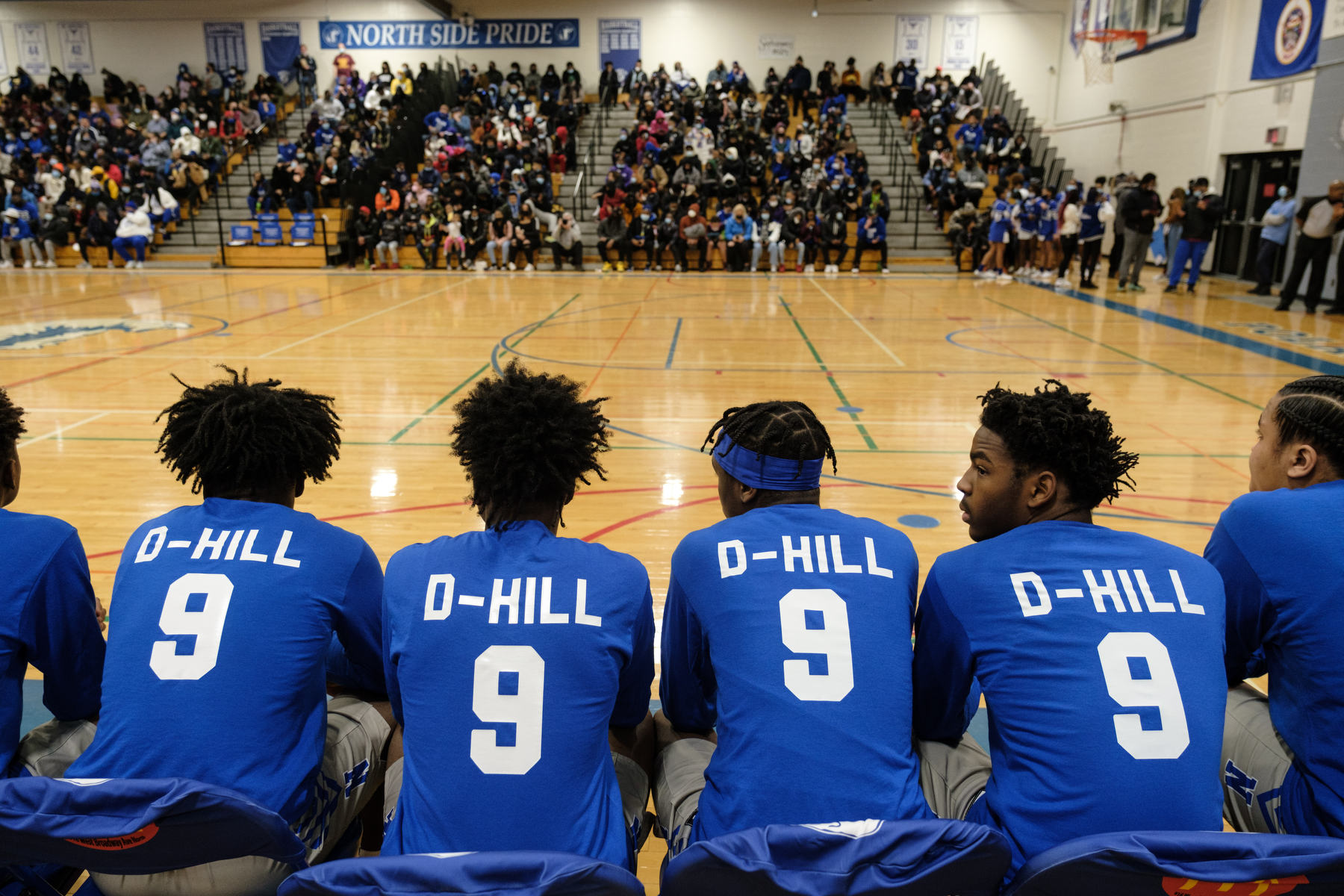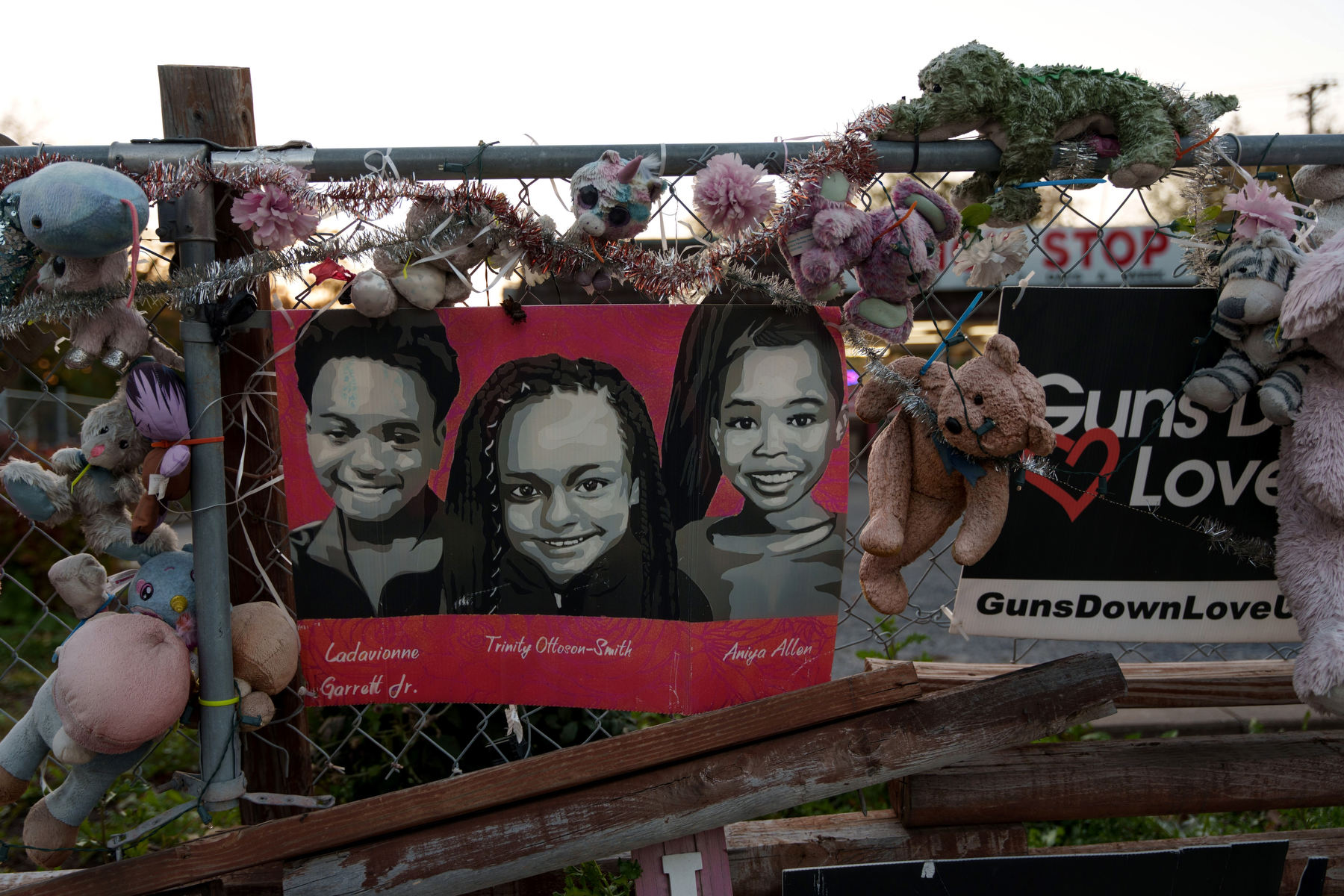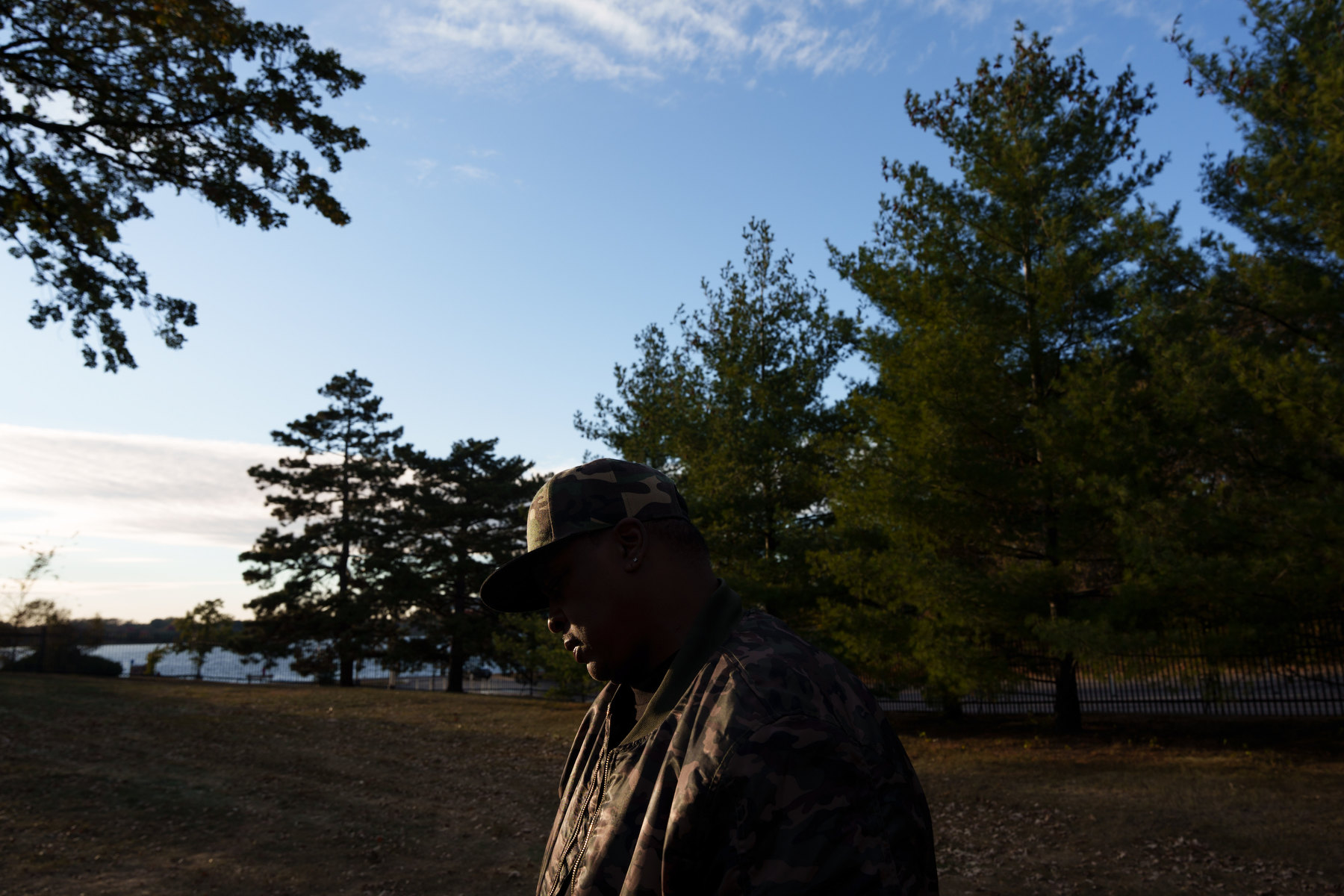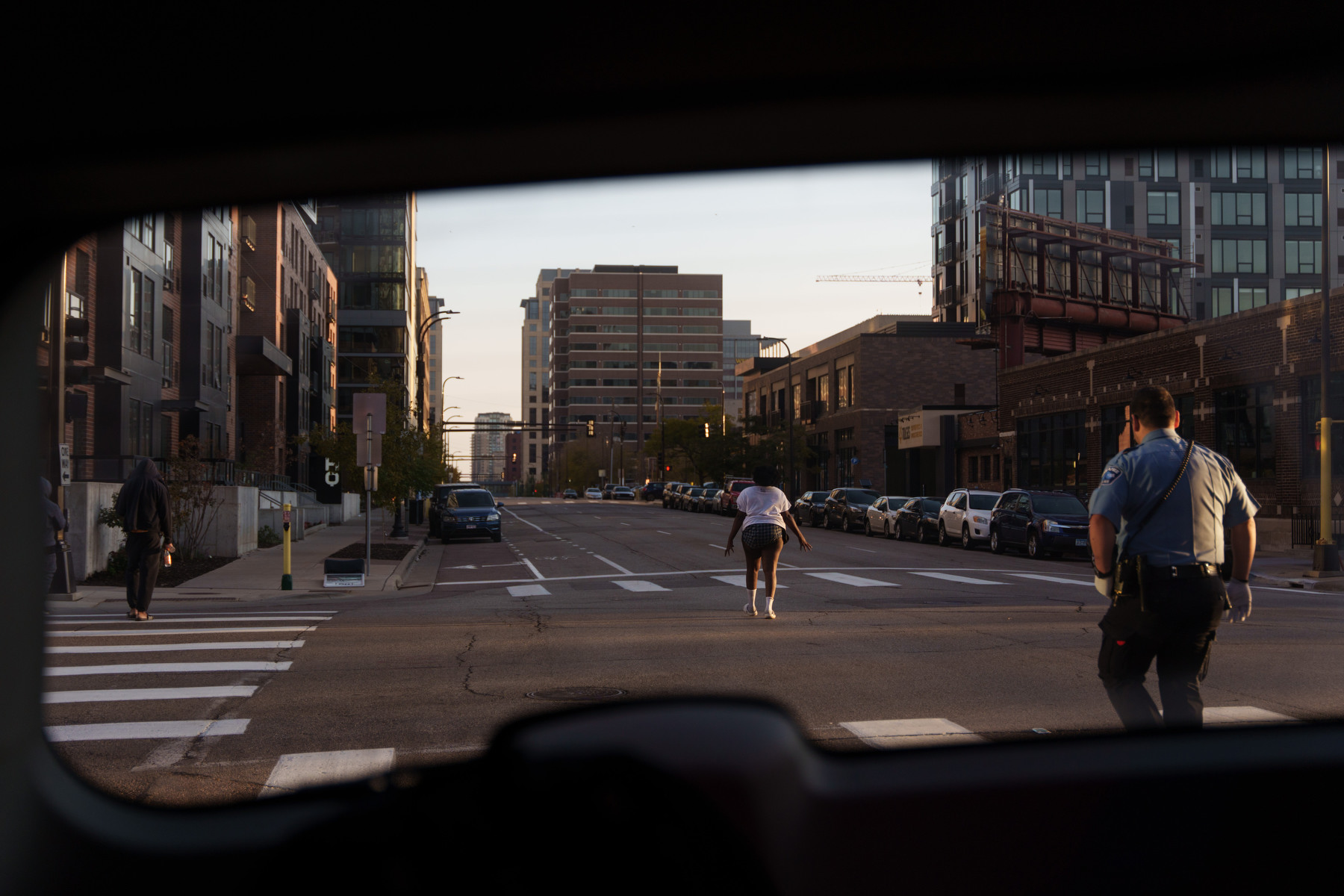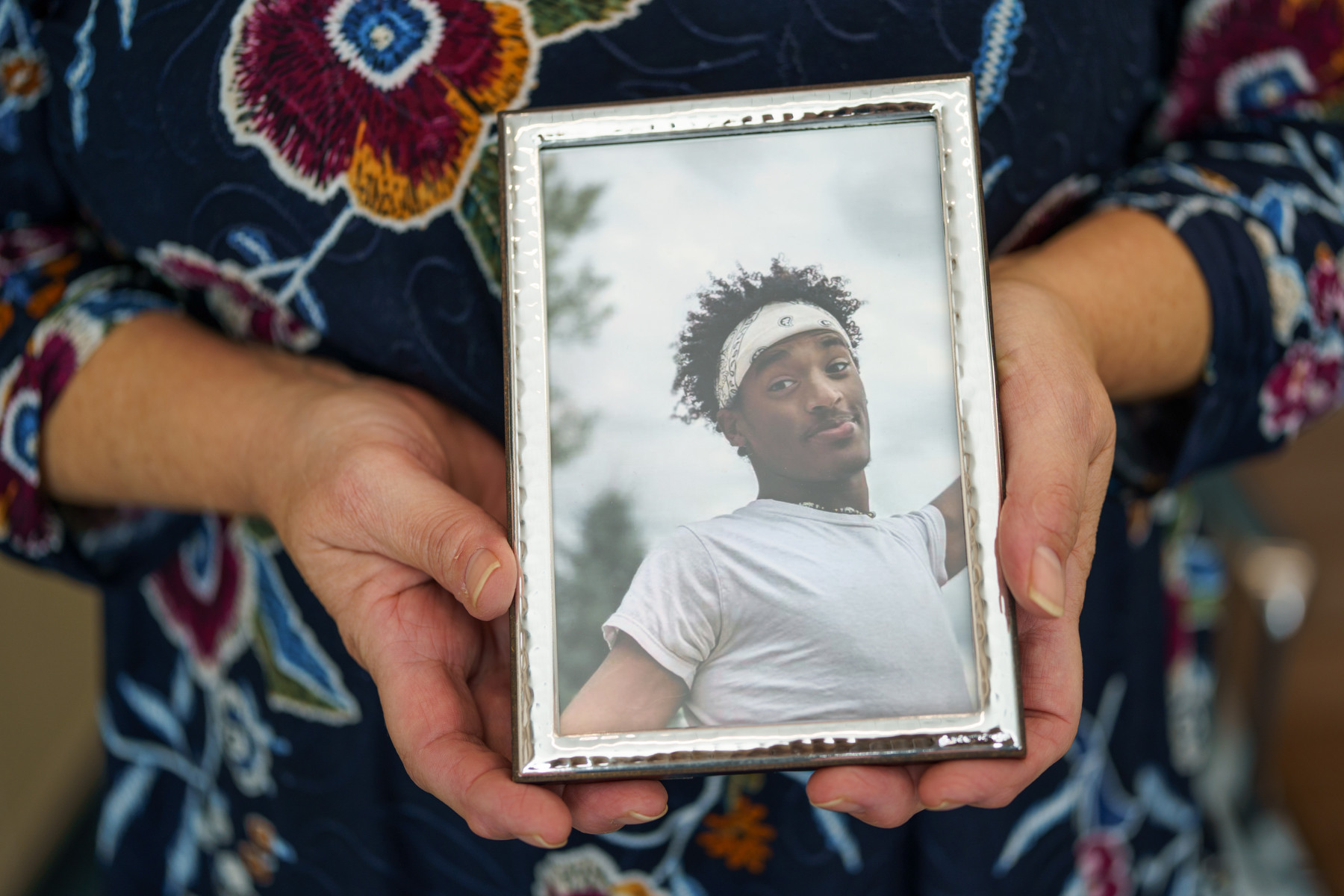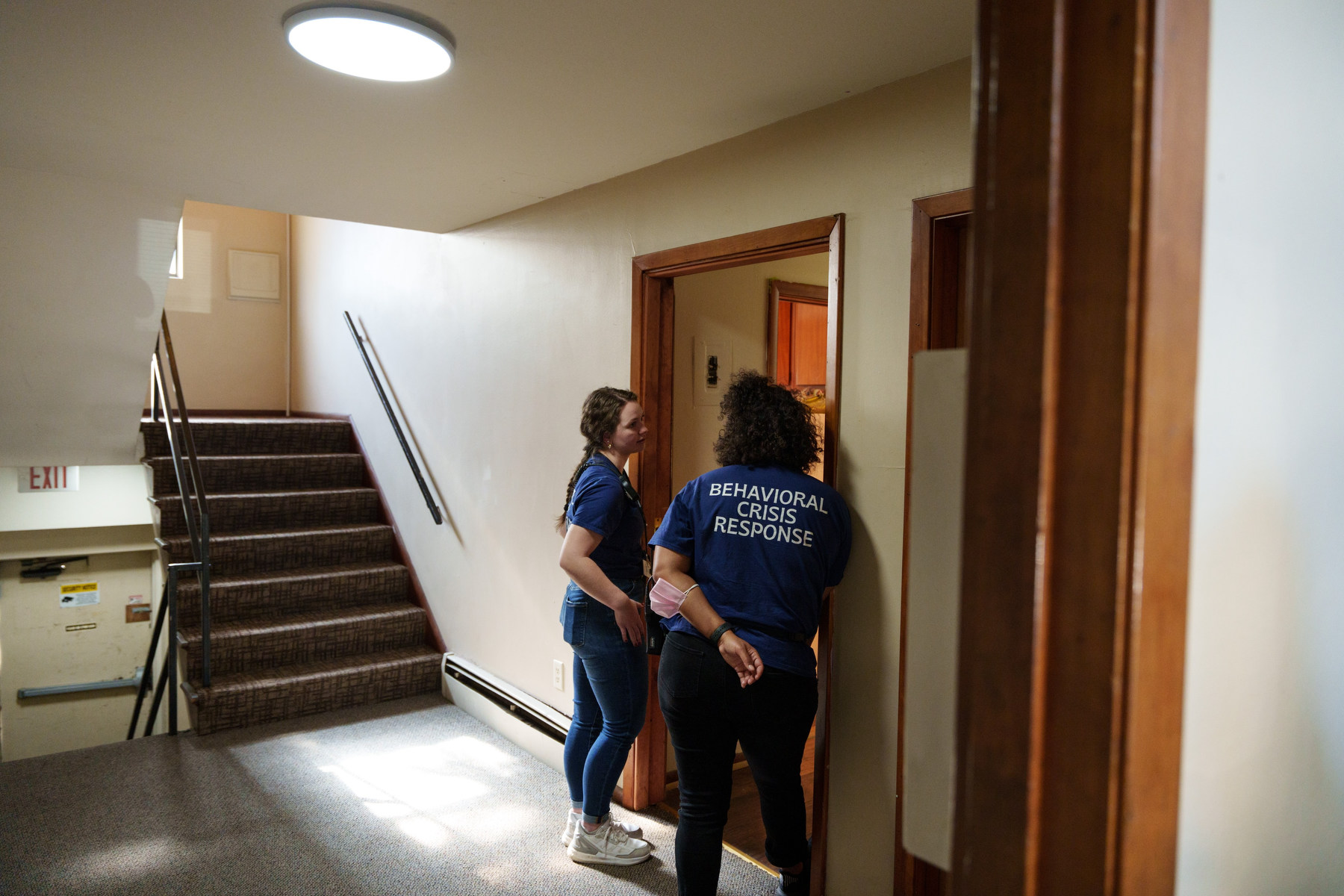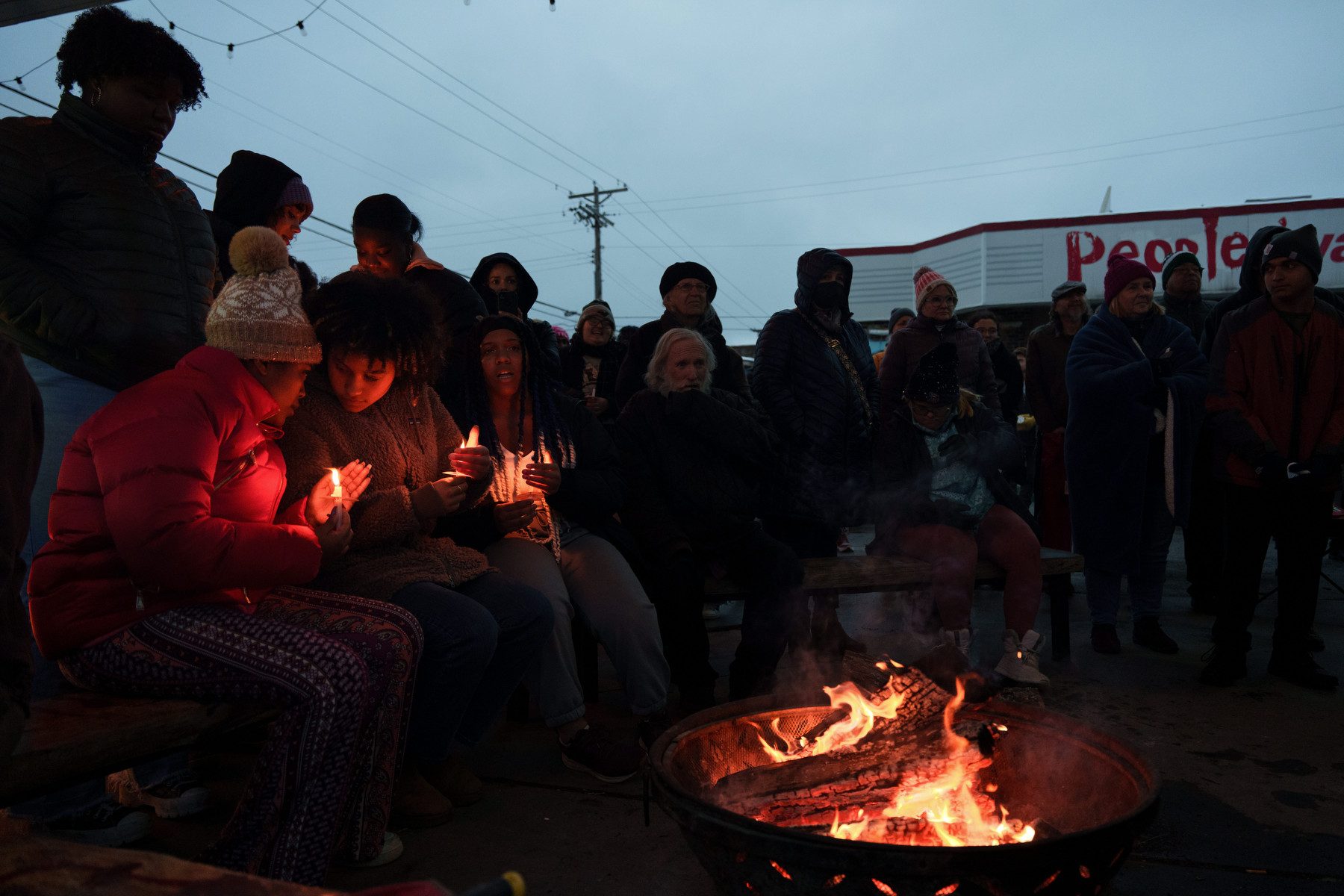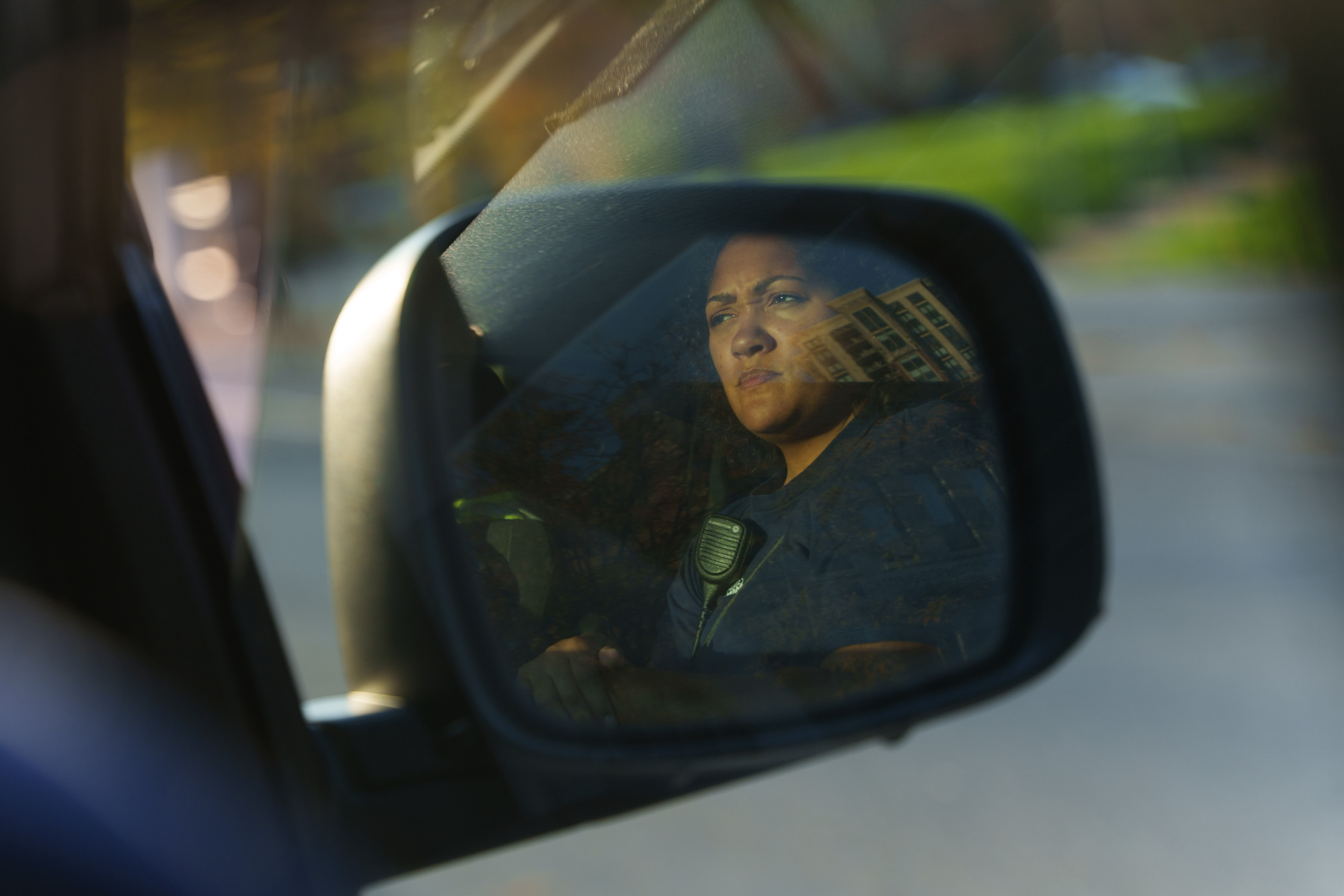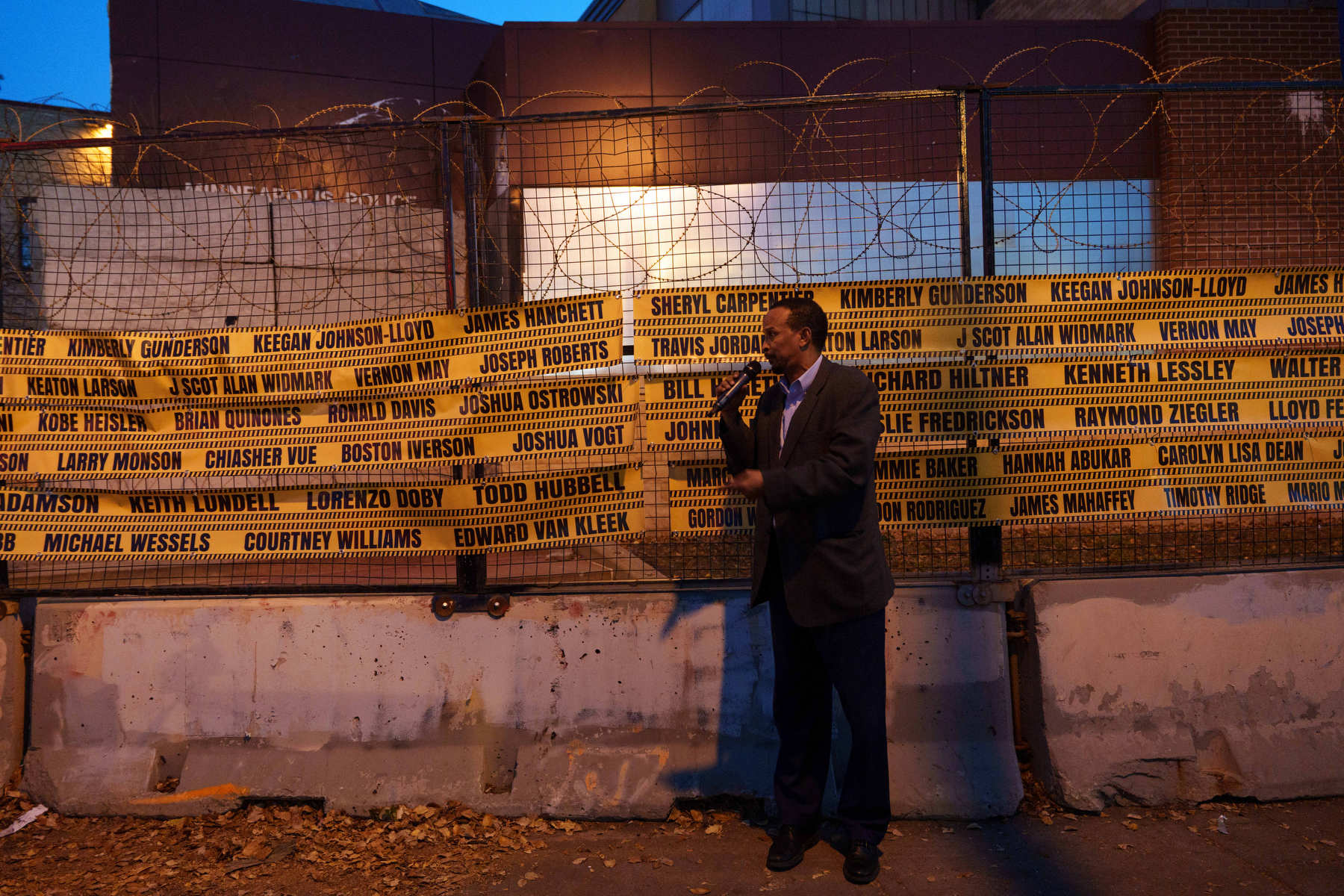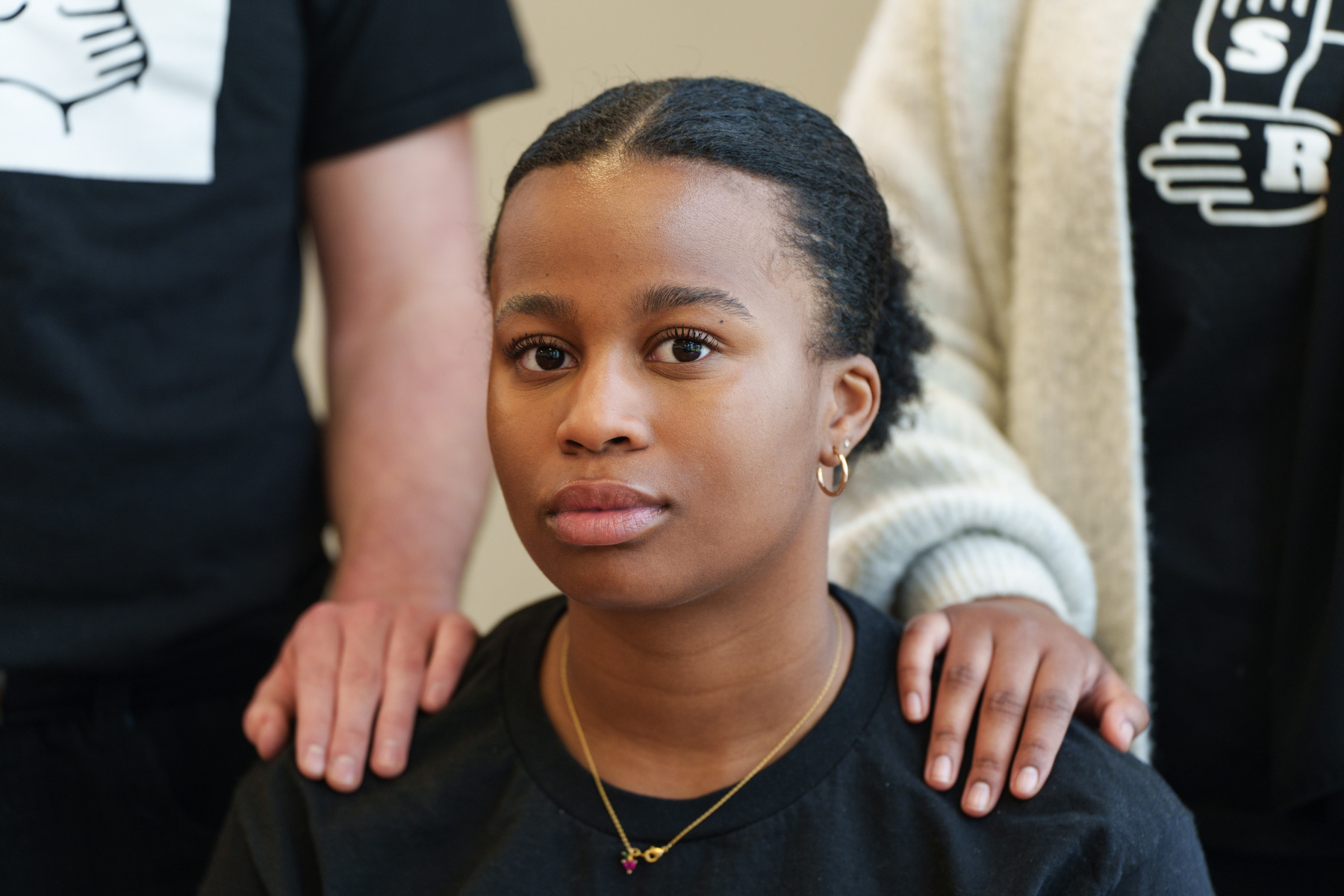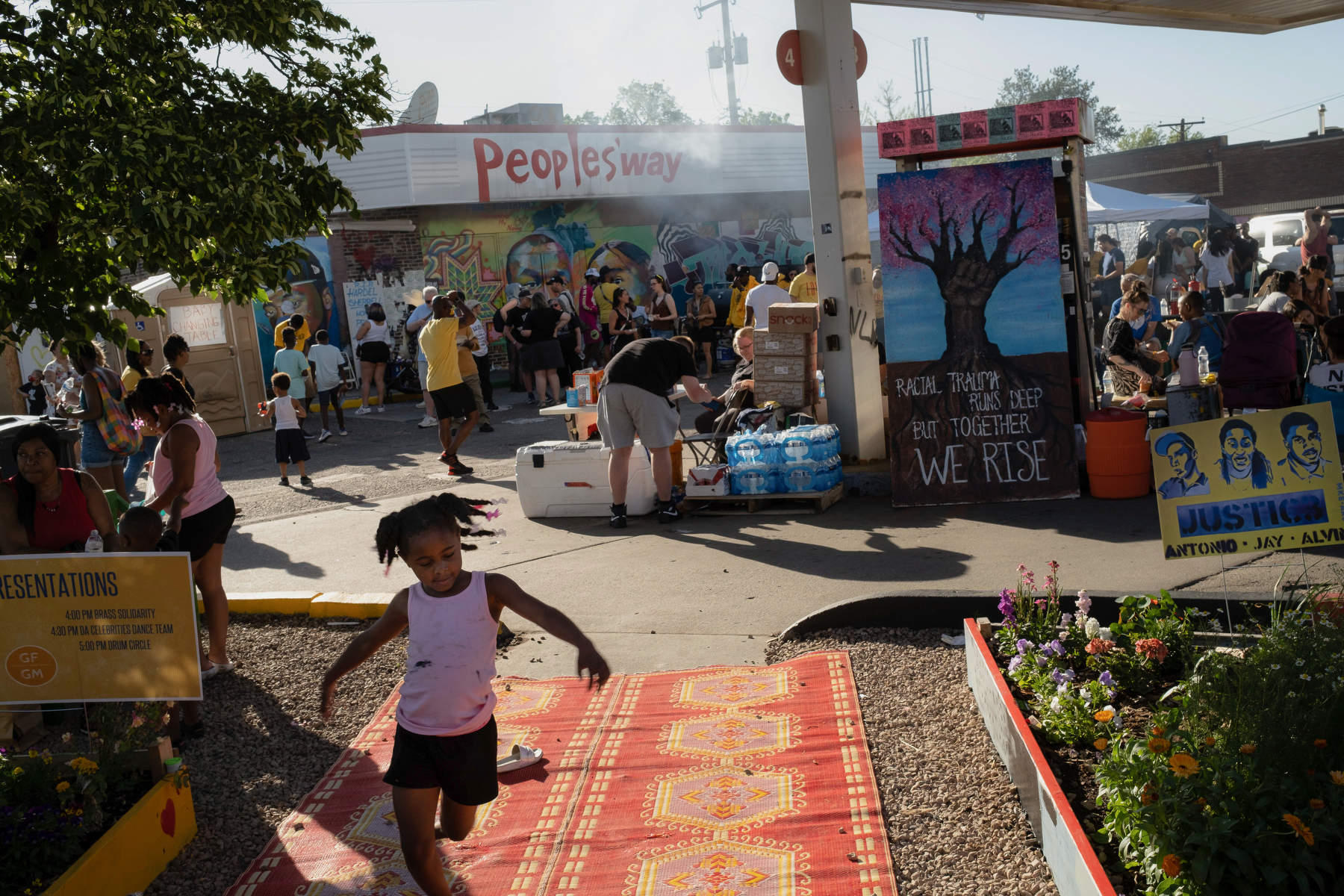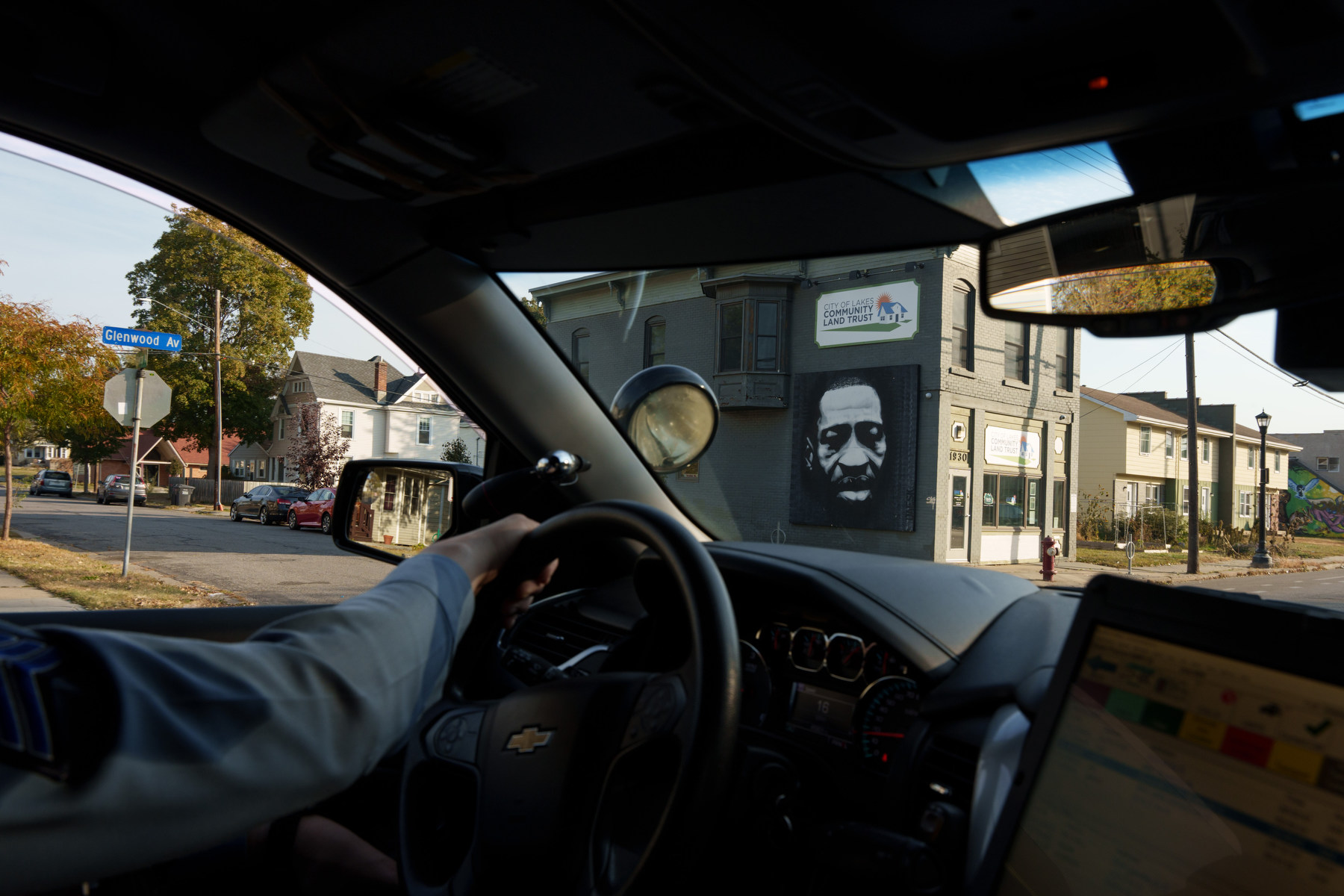Remnants of a Reckoning
2020-2023
The May 2020 police murder of George Floyd in Minneapolis, MN led to historic protests that radically shifted discourse on the issues of race and policing in America. In the days following Floyd's death, tens of thousands of outraged Twin Cities residents--along with millions of Americans across the country--took to the streets during a week of unprecedented civil unrest. On May 29, after city officials declared a state of emergency, the Minnesota National Guard was mobilized to impose curfews in the metro. Some two weeks after Floyd's murder, nearly 1,500 Twin Cities buildings had been razed, looted, or vandalized, and hundreds of people had been injured and arrested by law enforcement who deployed pepper spray, tear gas, 40mm foam rounds, and rubber bullets against often peaceful protesters.
In response to the upheaval, various municipalities throughout the US have enacted police reforms in the subsequent months and years. Such changes included expanding the use of officer-worn body cameras, modifying training and rules of engagement, as well as introducing laws that require police to report when they witness their colleagues engage in excessive force.
Yet, despite a once-in-a-generation social movement and piecemeal policy changes, reform advocates insist that policing has thus far escaped fundamental transformation. Though abolitionists and defund activists attracted unprecedented support for their causes in the wake of Floyd’s death, a 2021 ballot initiative to replace the Minneapolis Police Department with a new, social services-centric Department of Public Safety ultimately lost 44% to 56% in a city-wide referendum. Police unions, which have long been accused of shielding officers from personal accountability, continue to lobby against oversight or restrictions. Police killings have also continued to climb nationally, with the Mapping Police Violence database documenting a record 1,183 people killed by officers in 2022. This trend has been reflected in the Twin Cities and its immediate suburbs, as over a dozen people, including six additional Black men, have died at the hands of officers since Floyd’s murder as of early 2023.
Melding images made over nearly three years following Floyd's murder, Remnants of a Reckoning breaks the chronology of events in order to explore the ways in which each subsequent killing leaves many Americans trapped in a cycle of violence, unrest, grief, organizing, and disillusionment. The project also reflects on the successes and failures of local efforts to re-imagine public safety in the subsequent years, including emerging alternatives to armed policing and how factors like community violence can serve as barriers to enacting systemic change.
